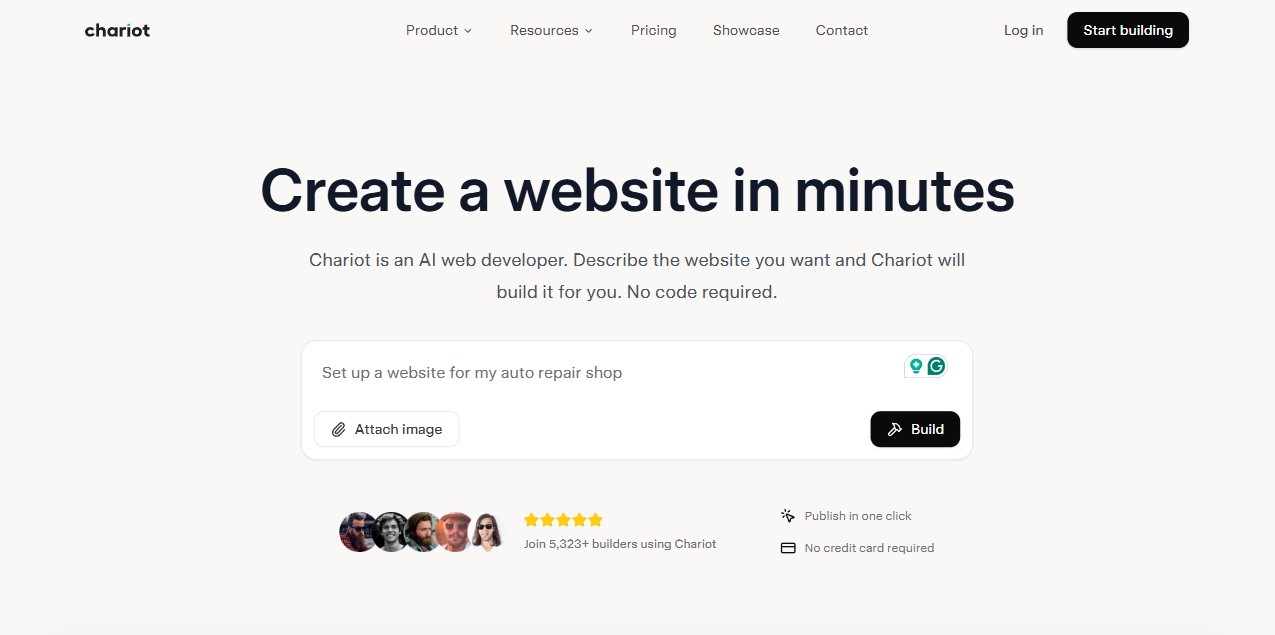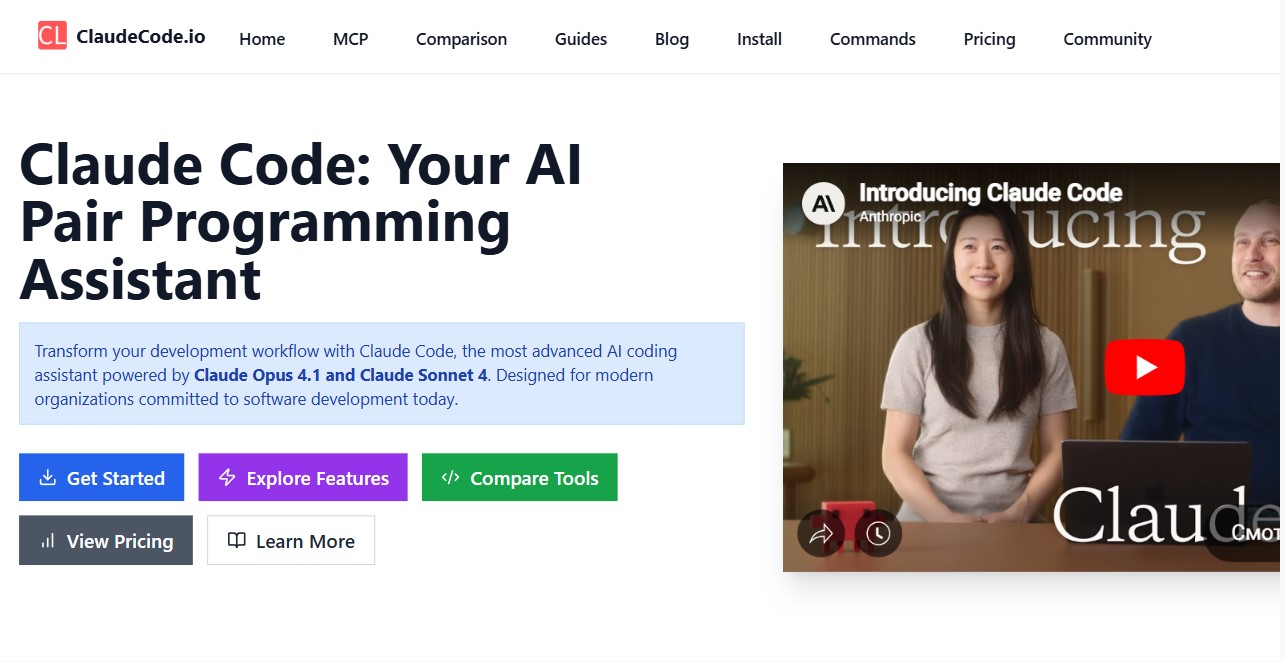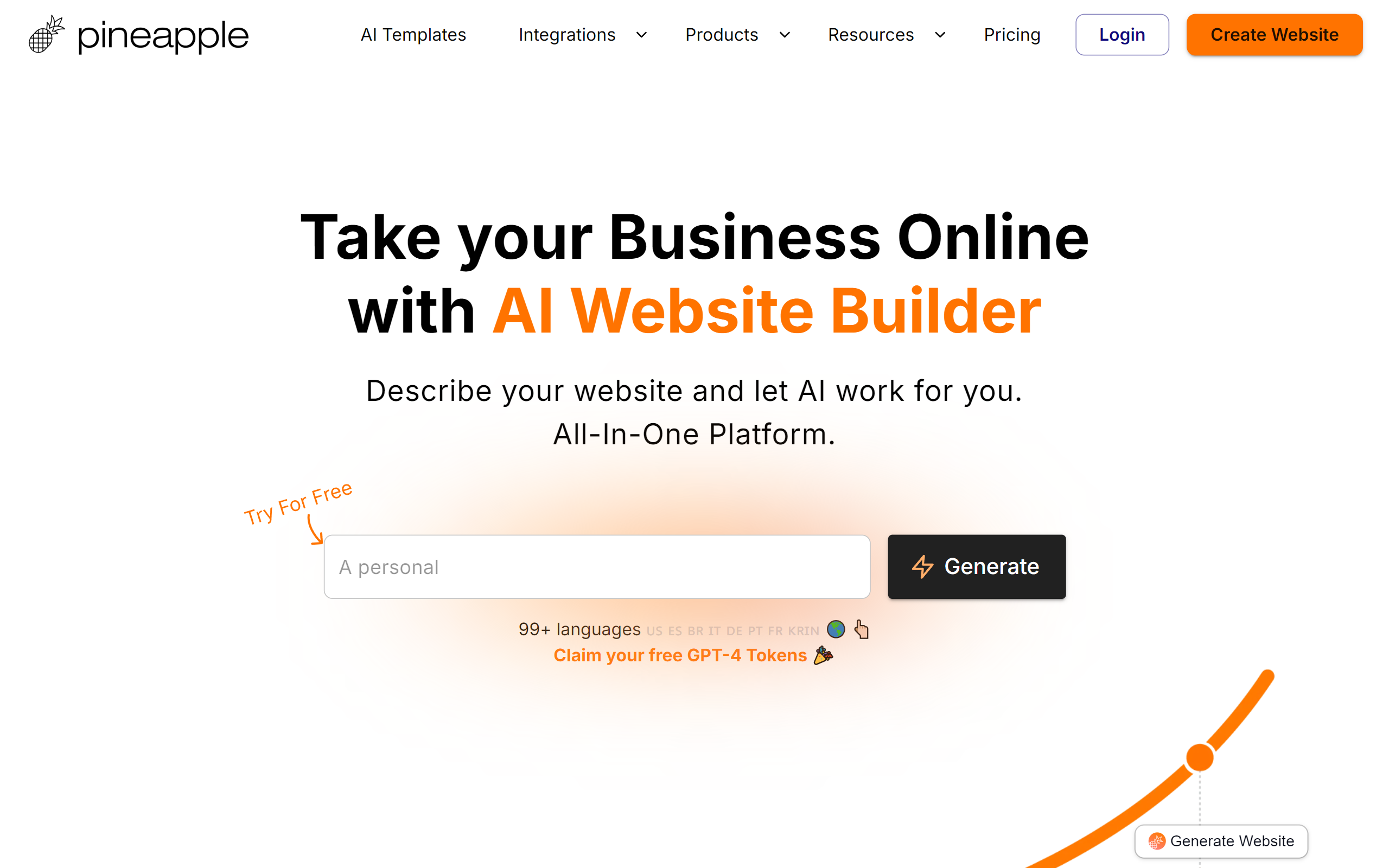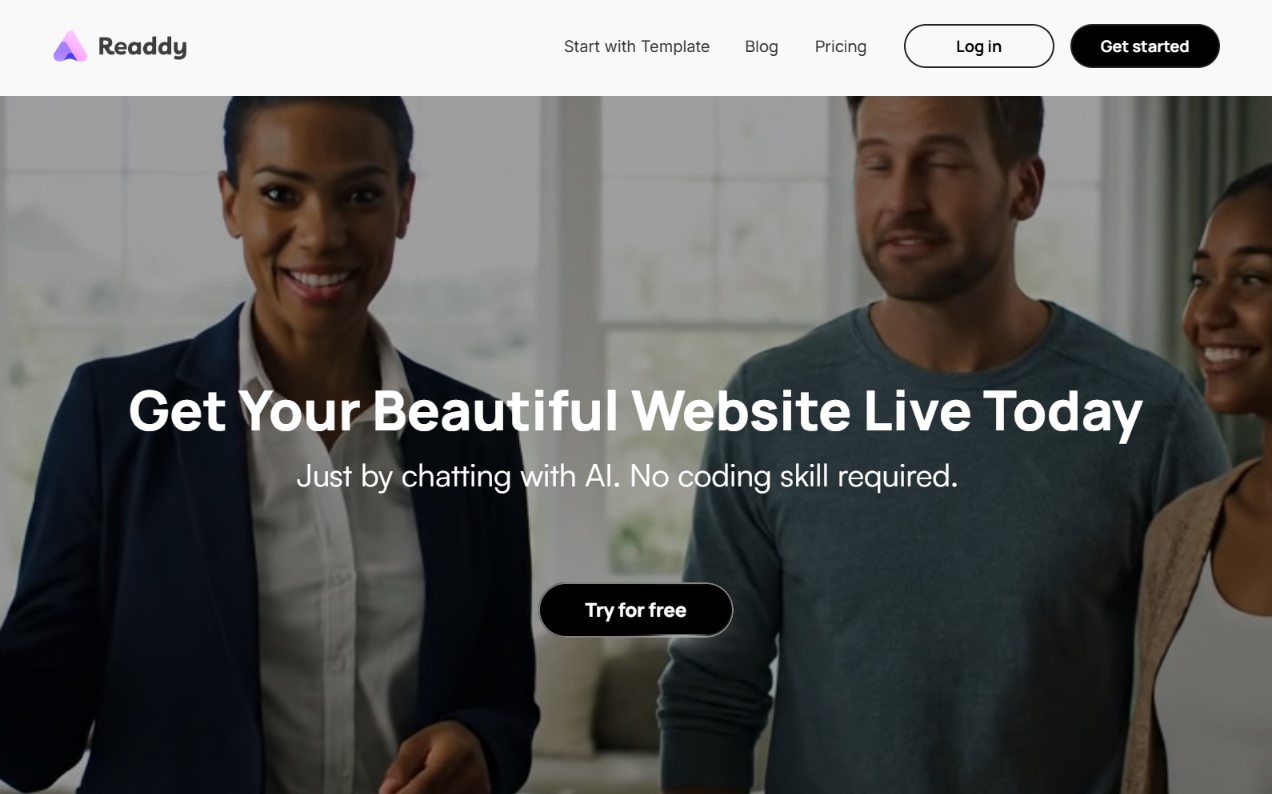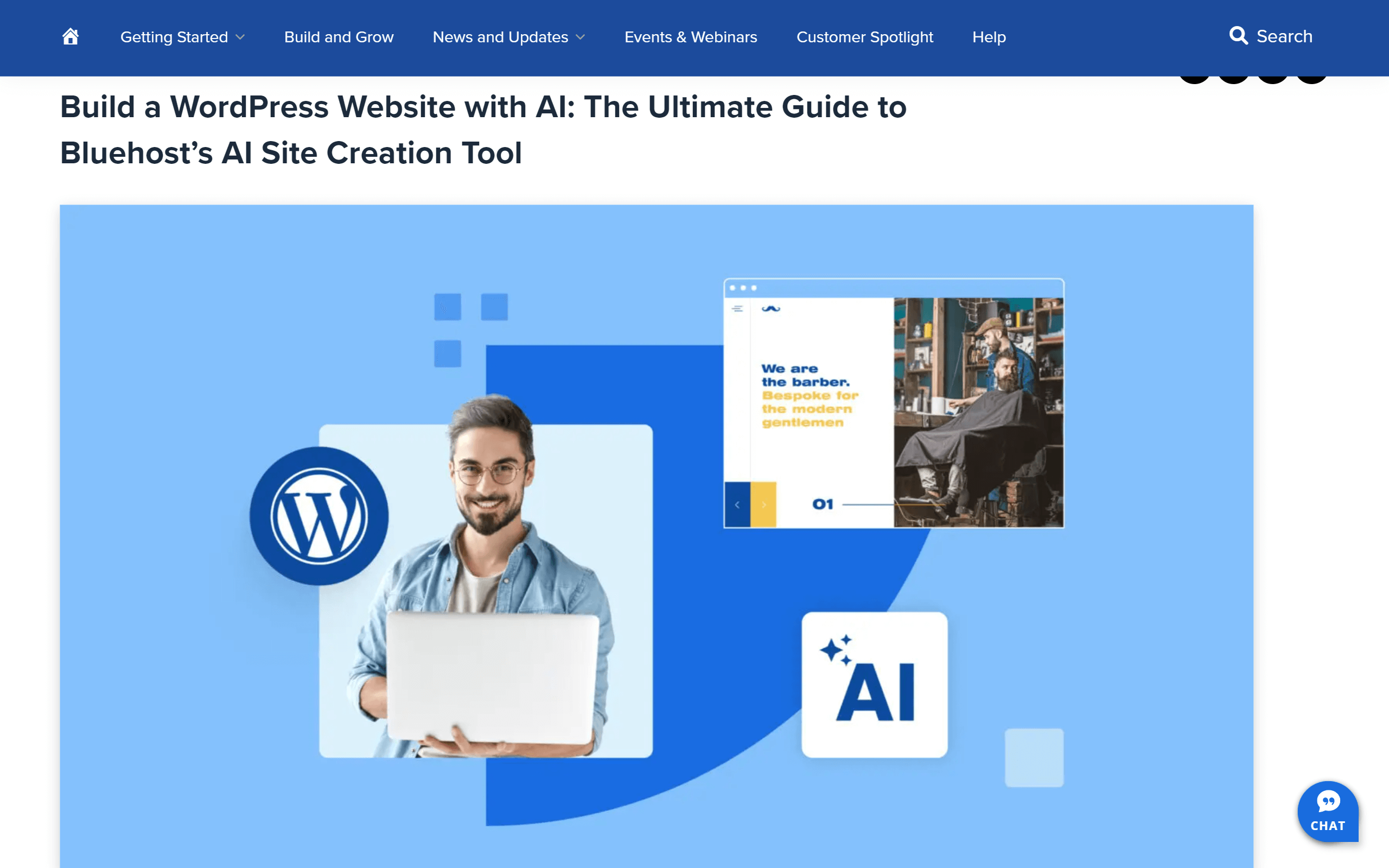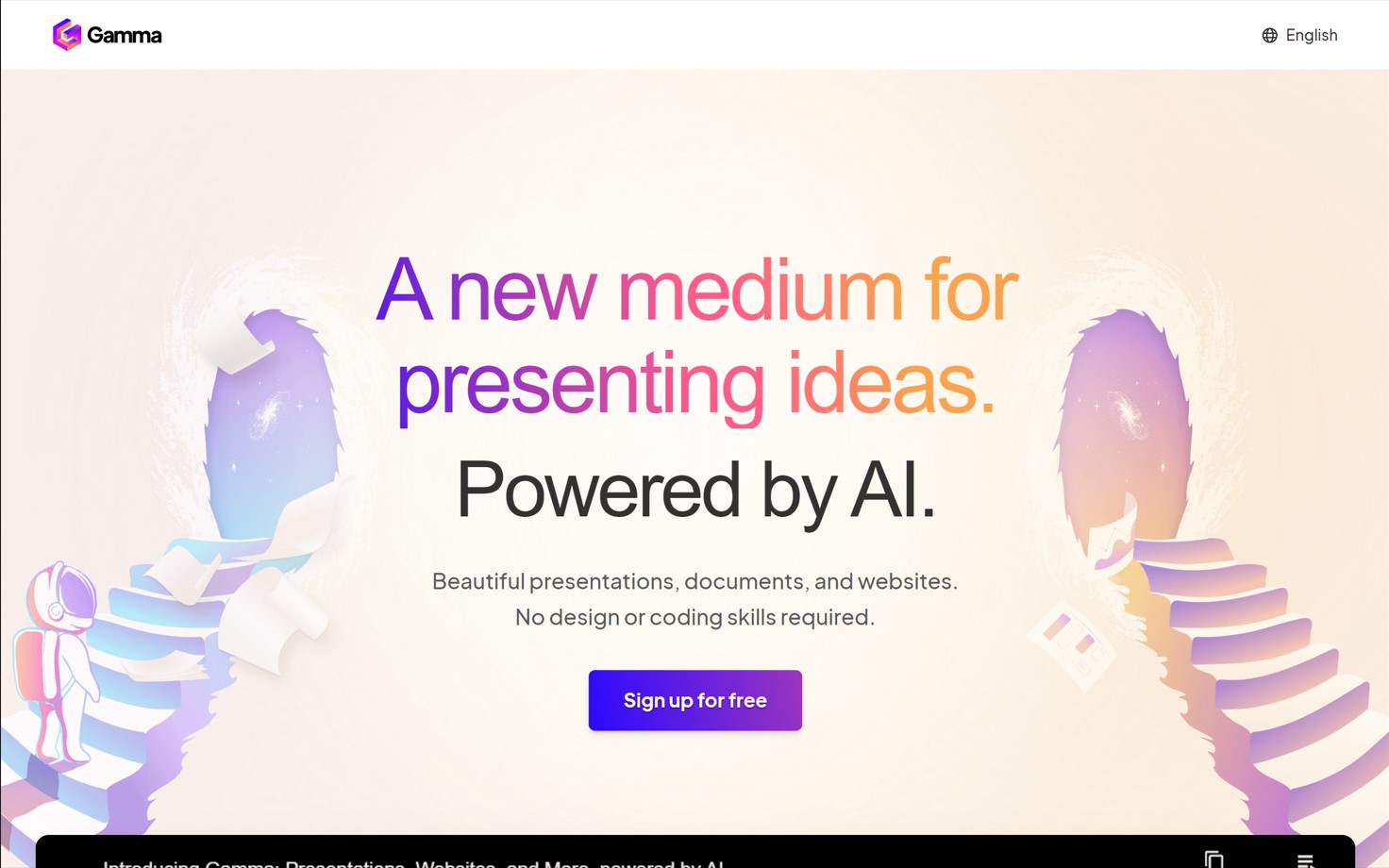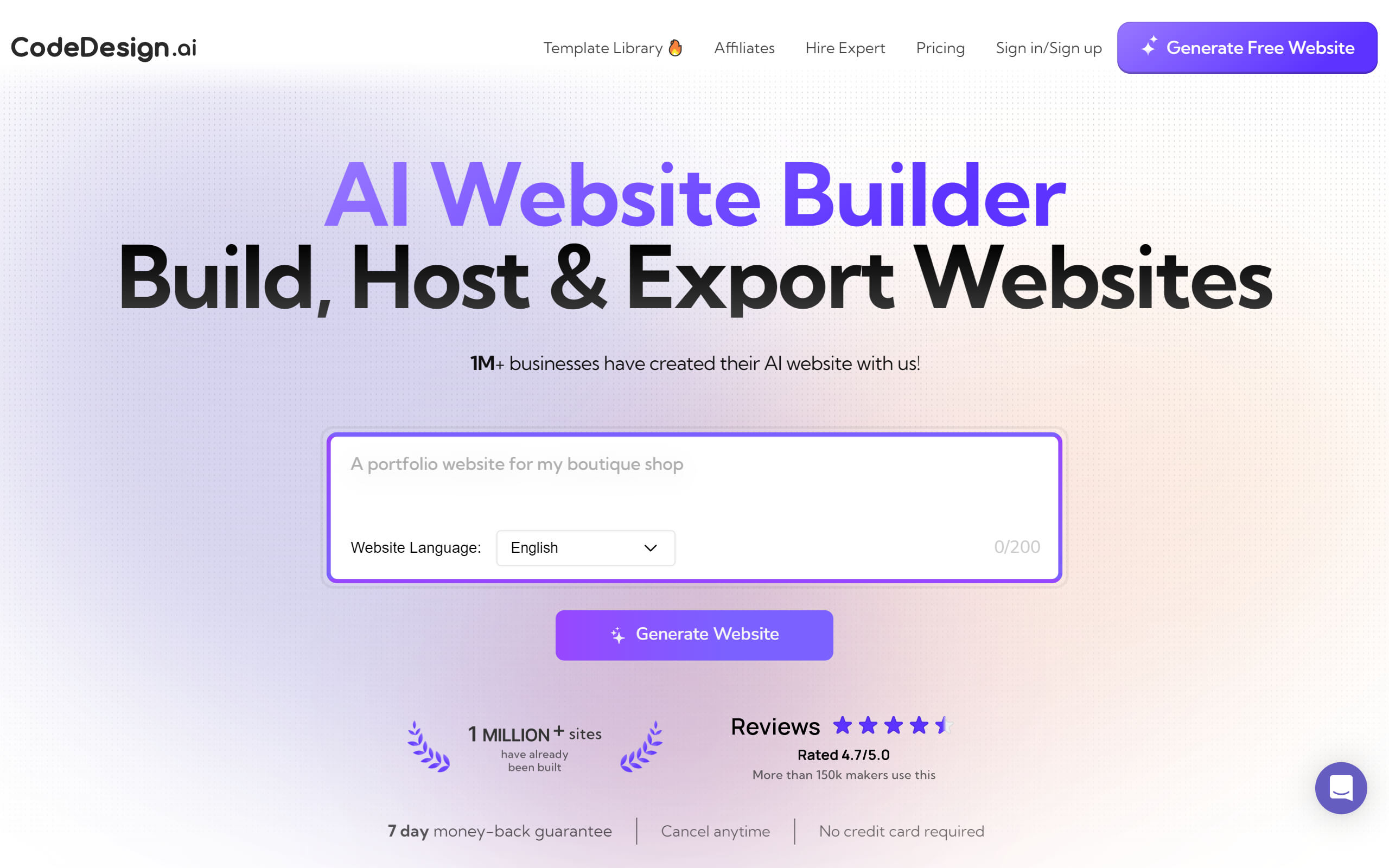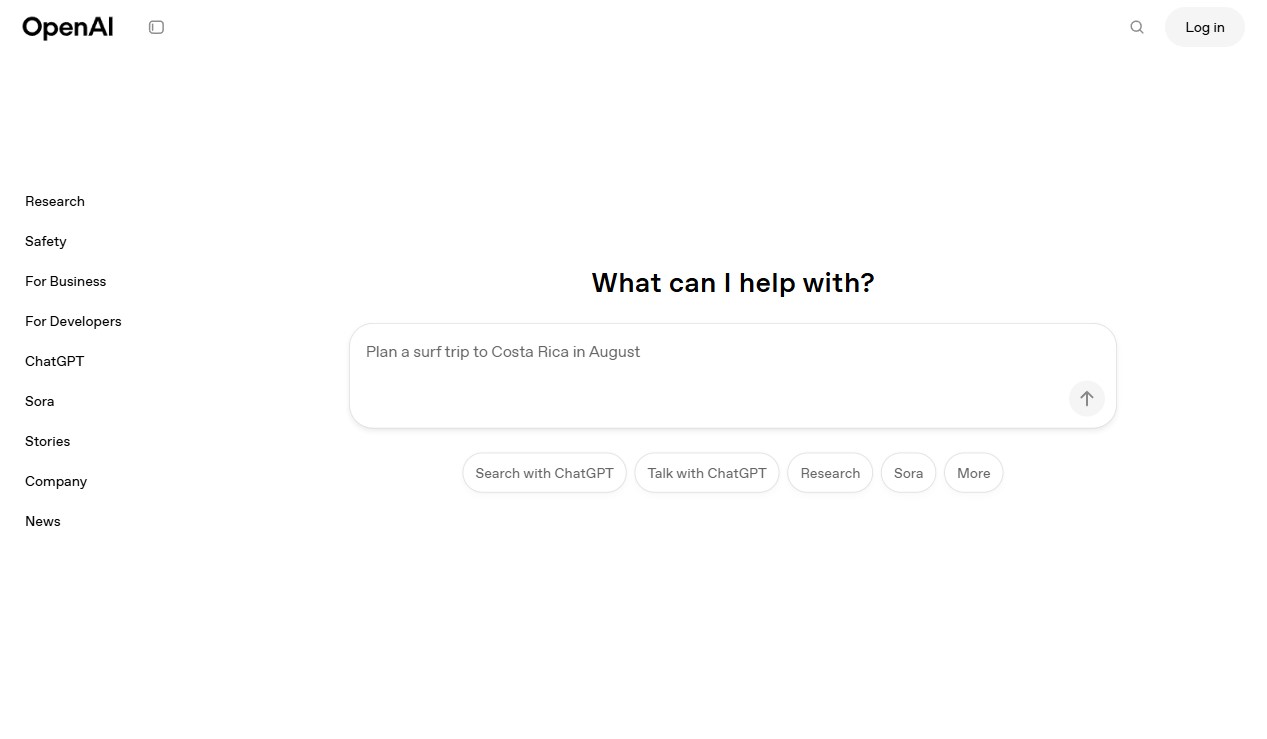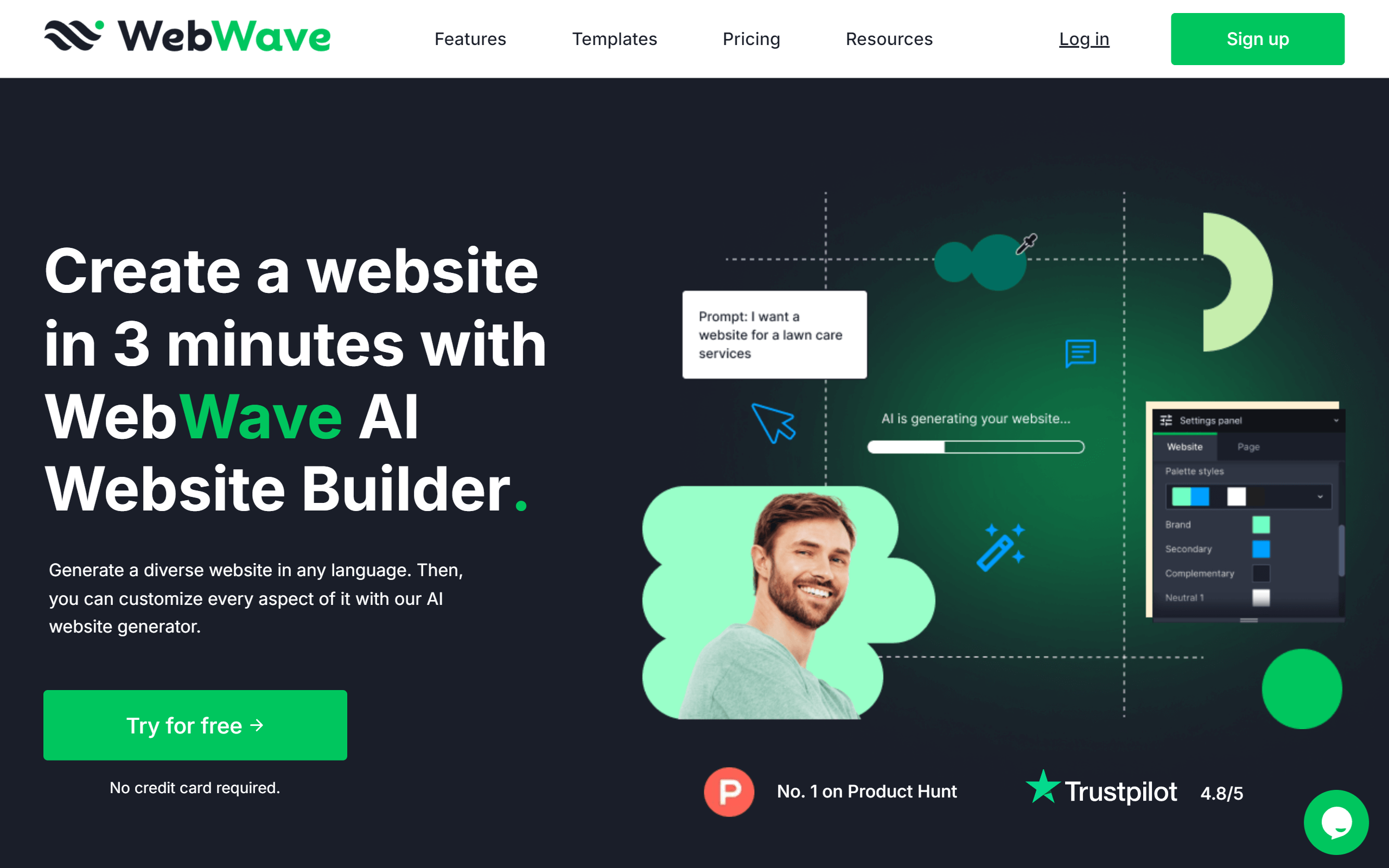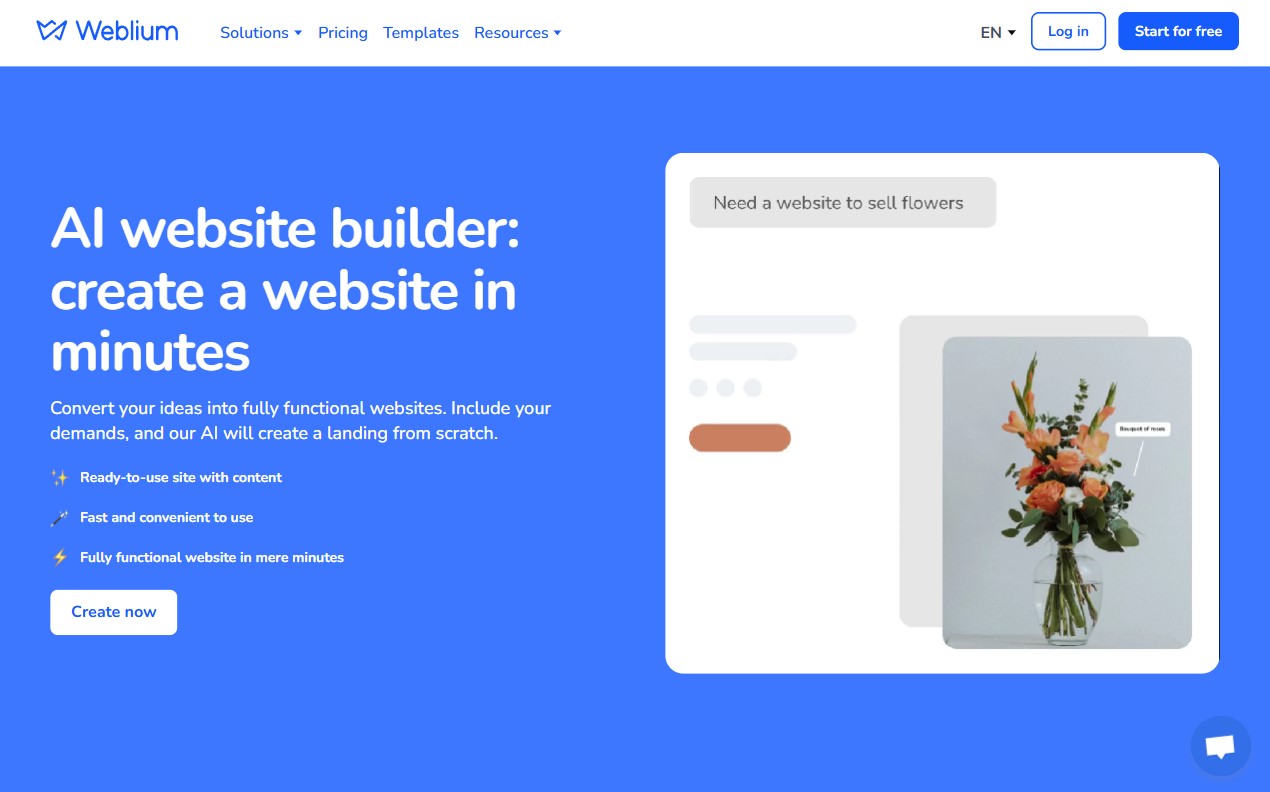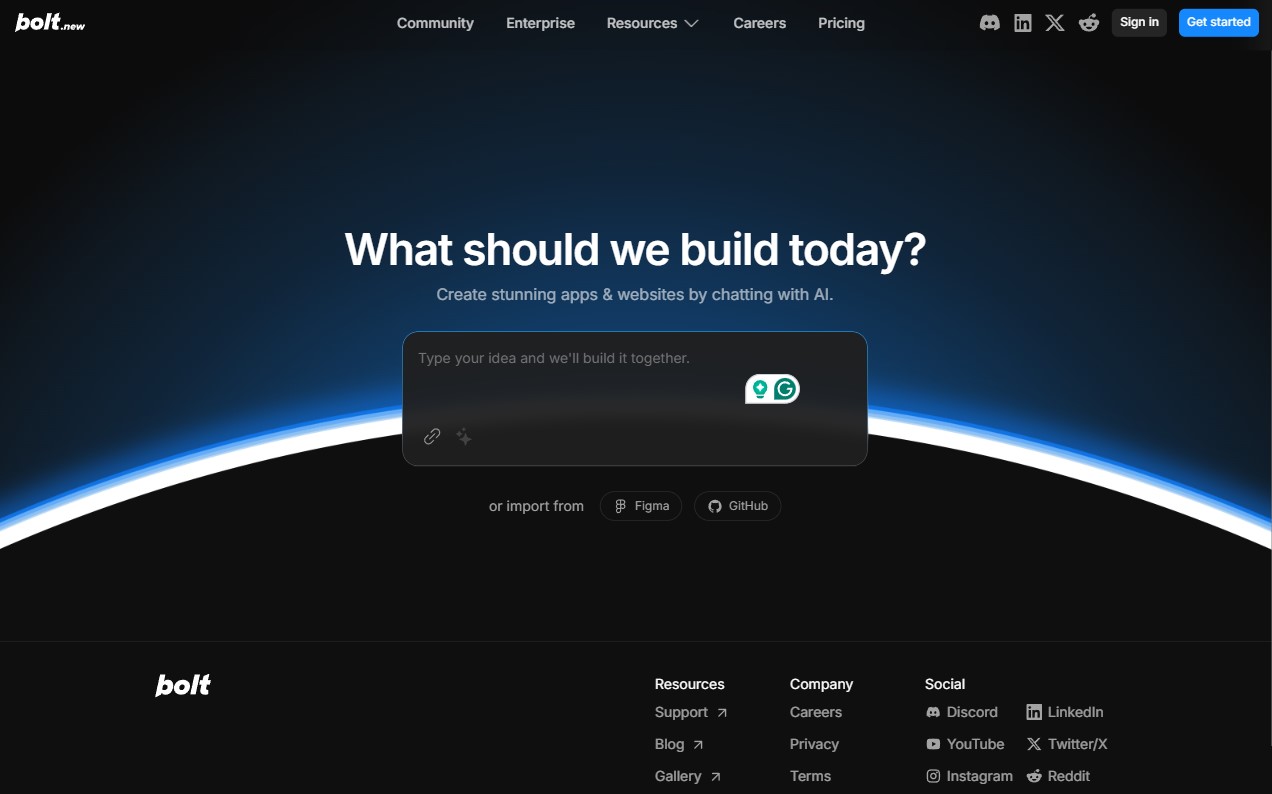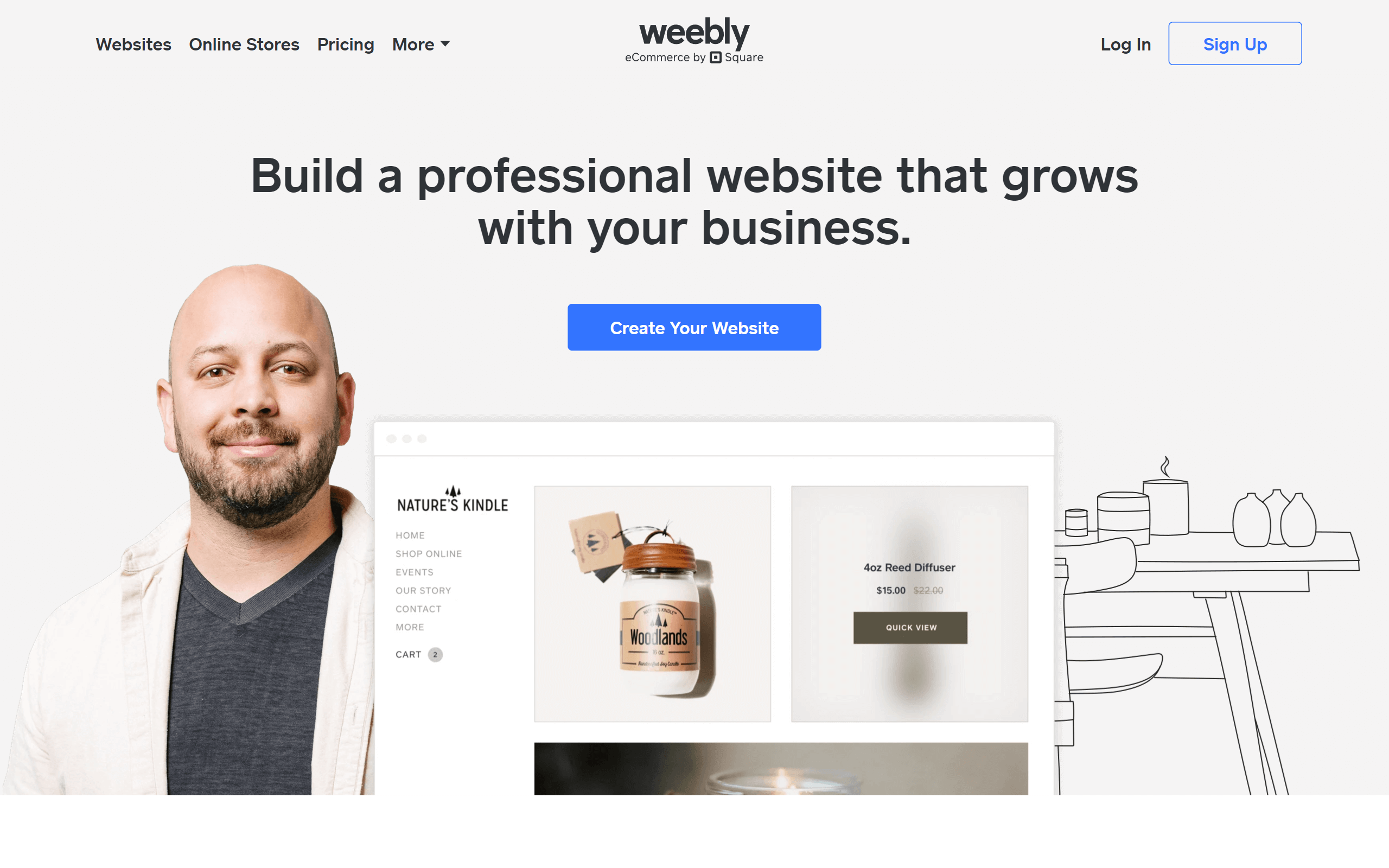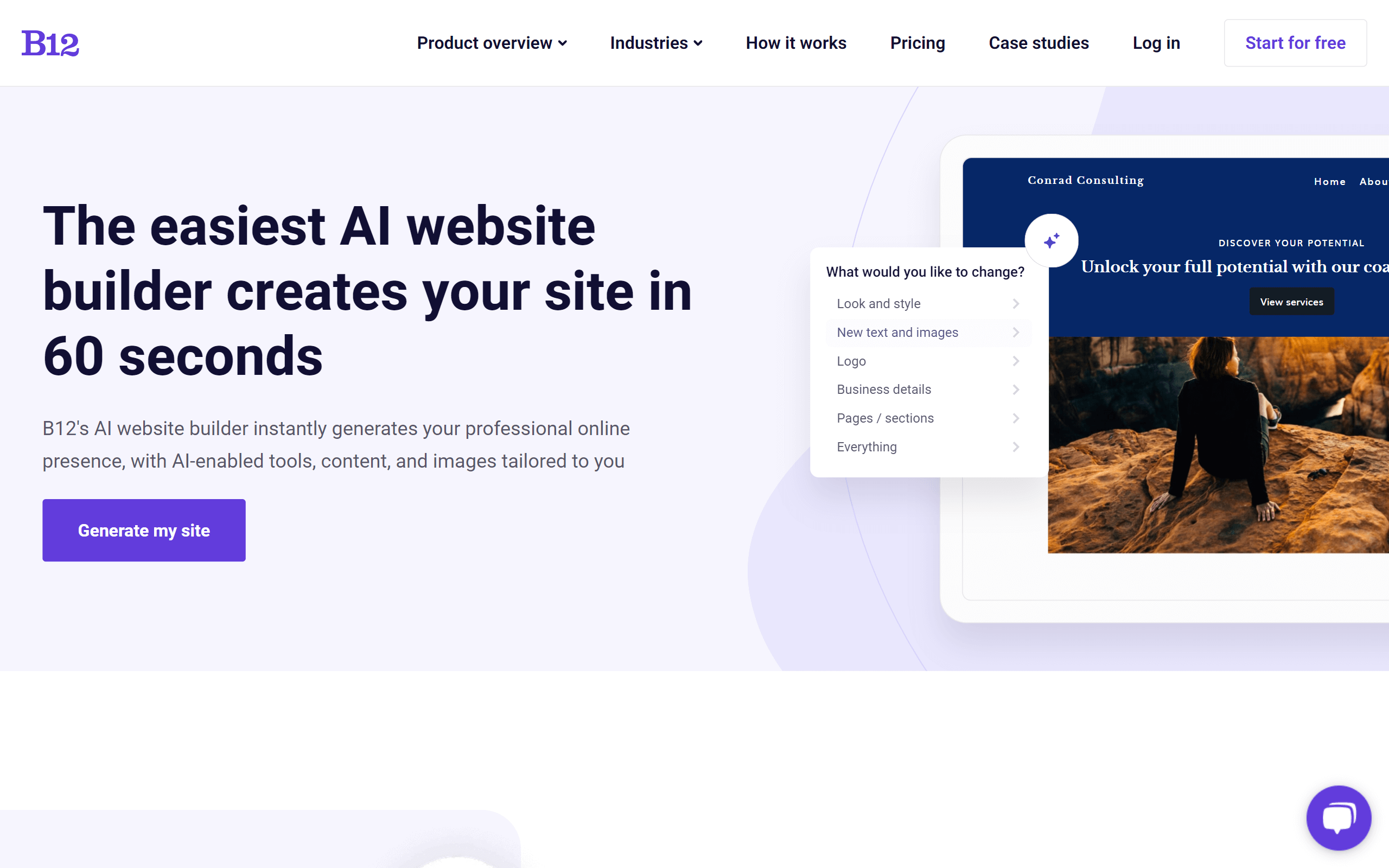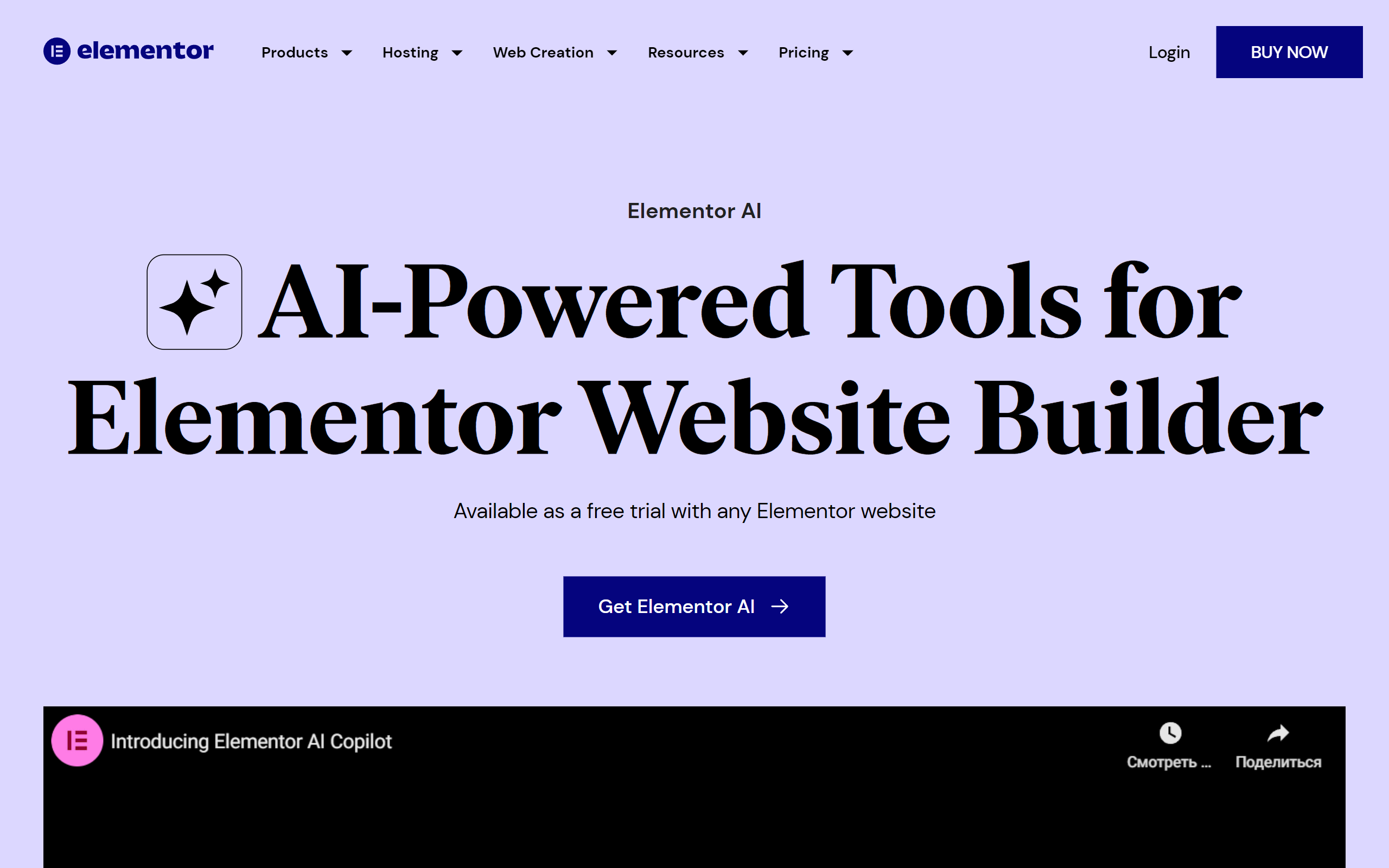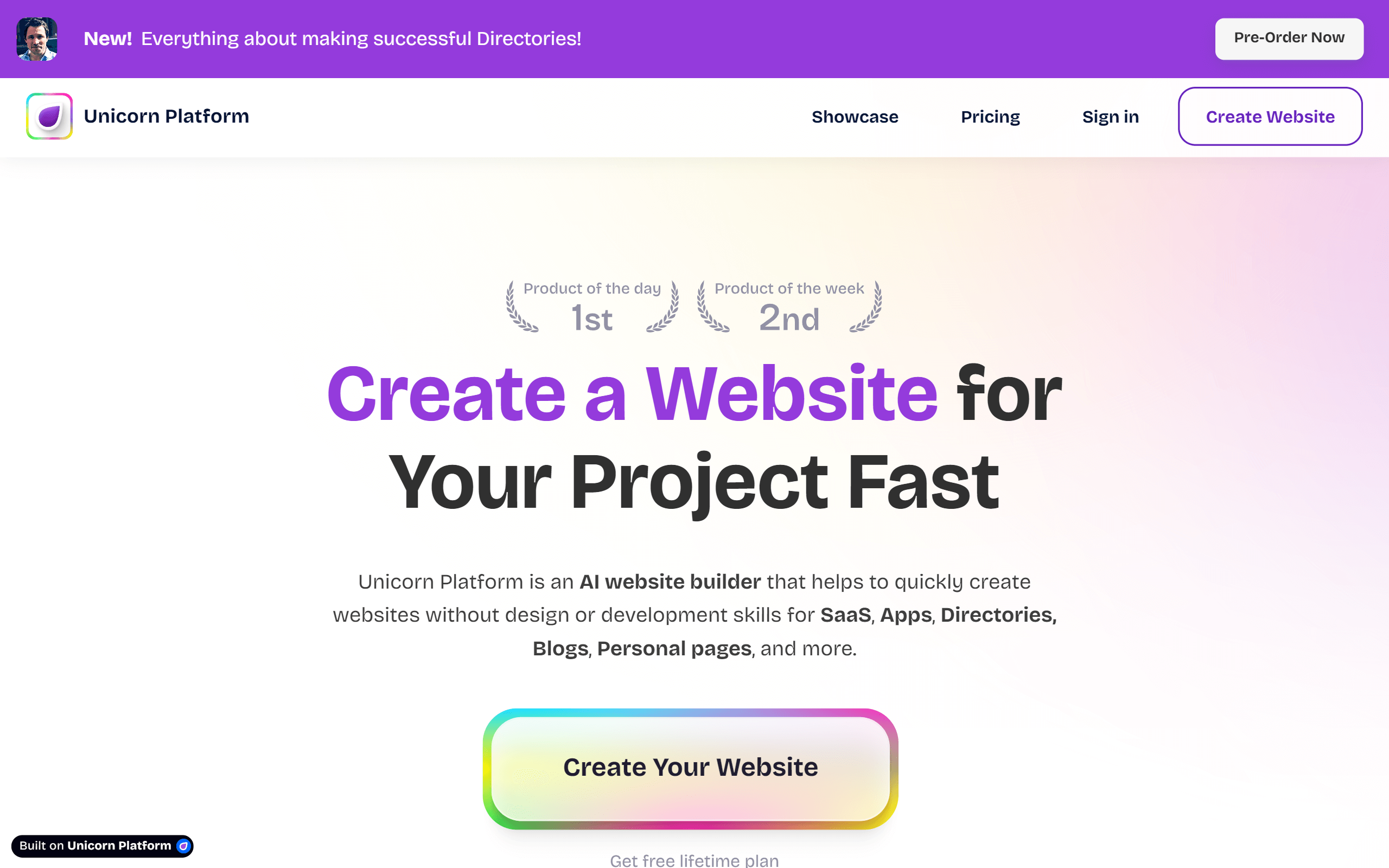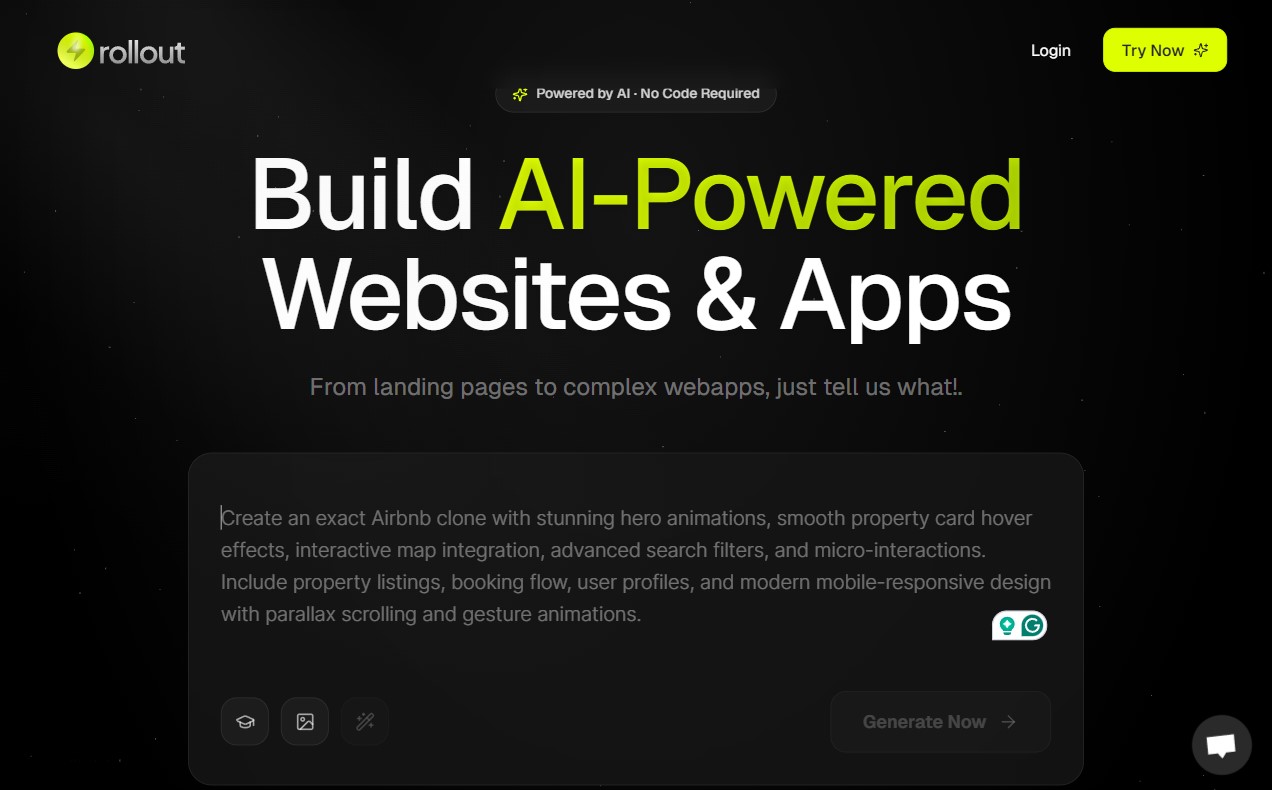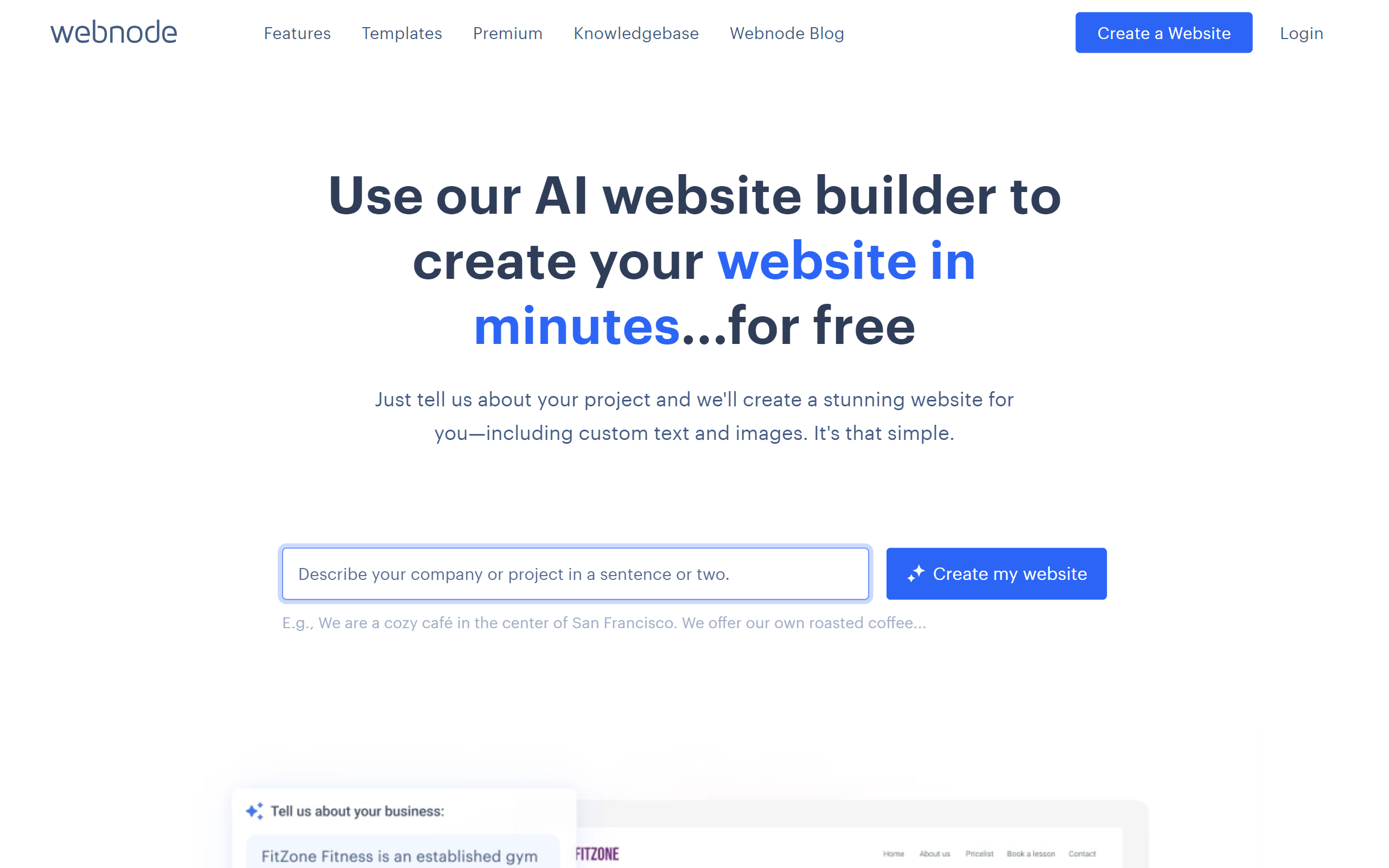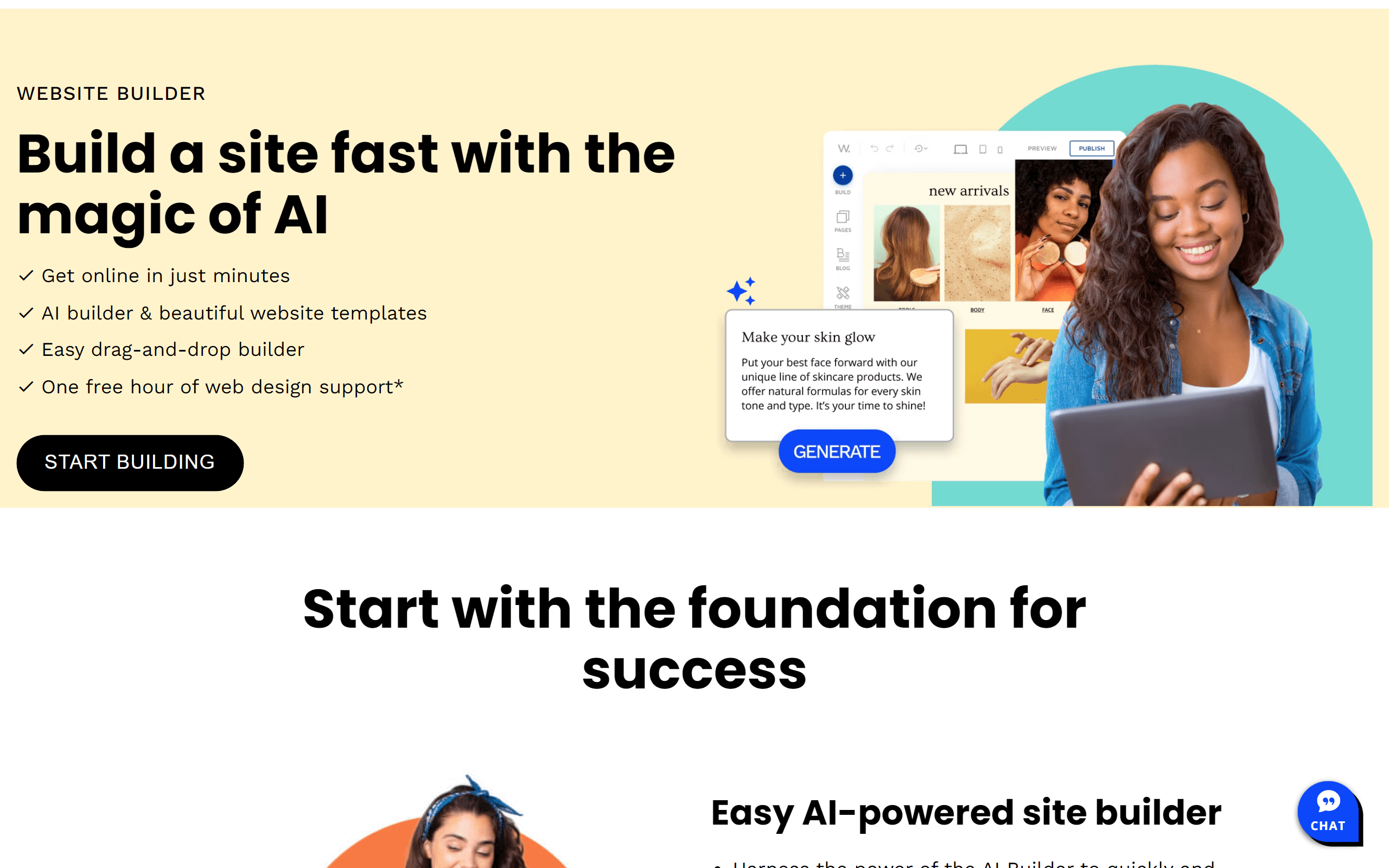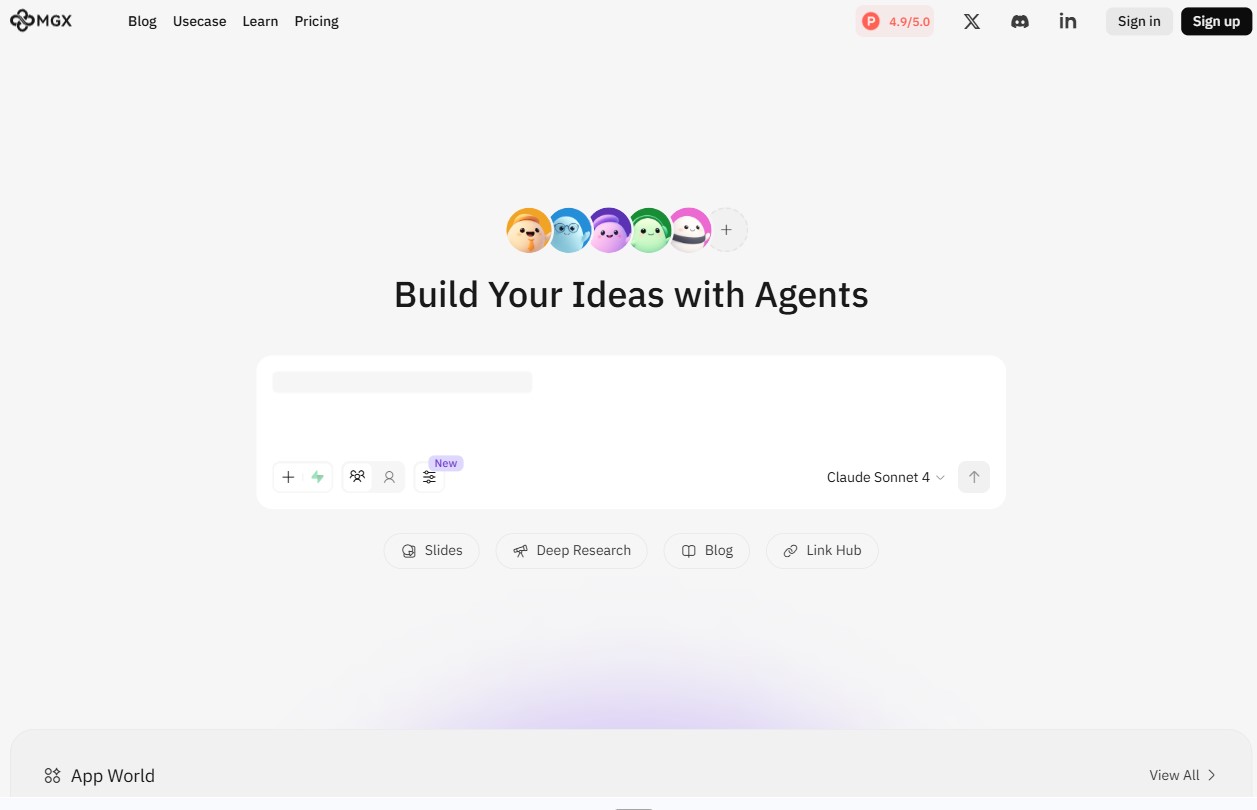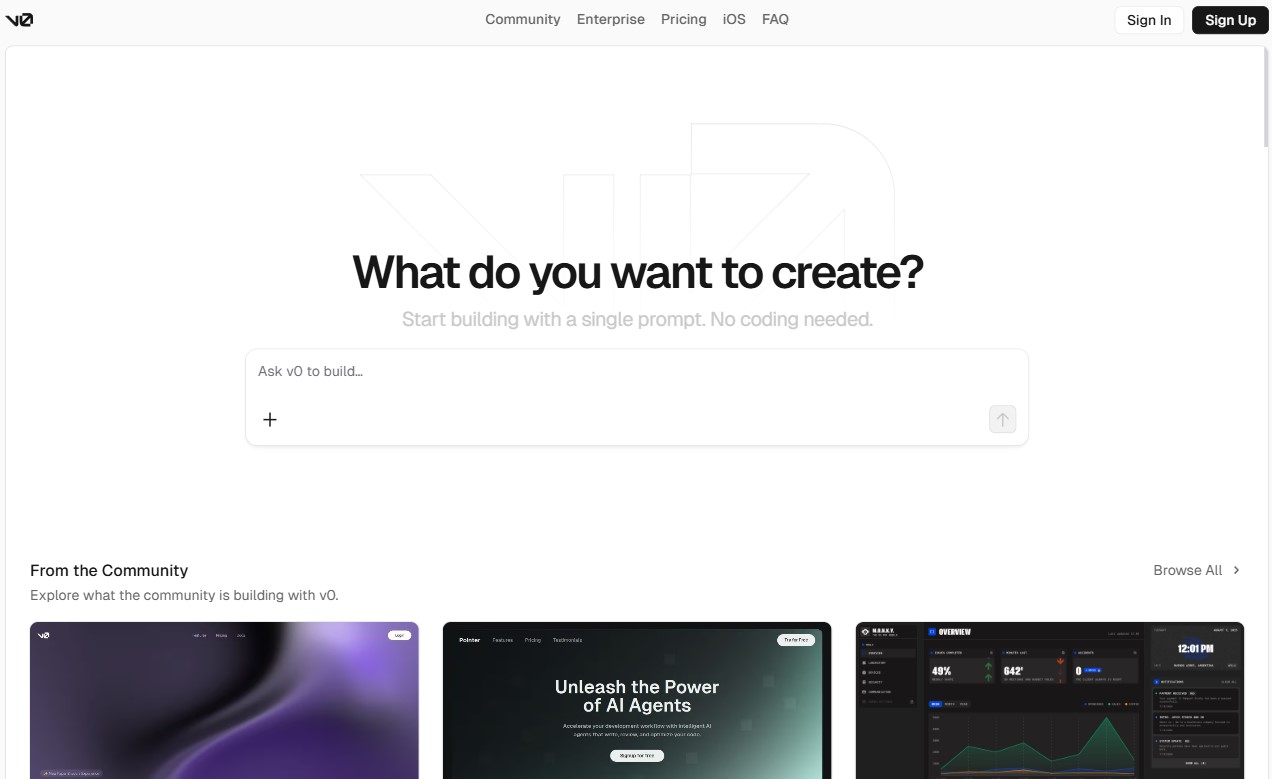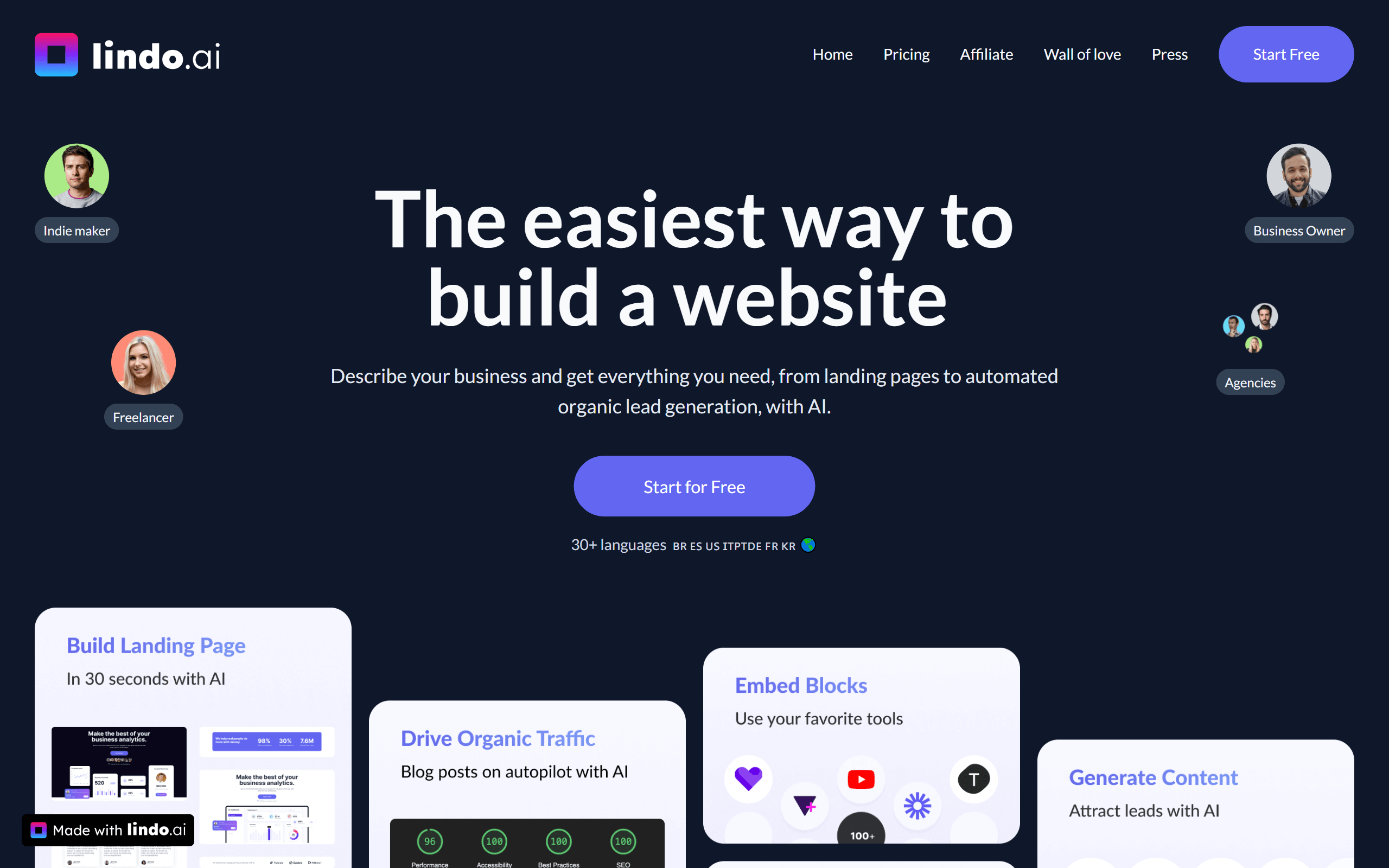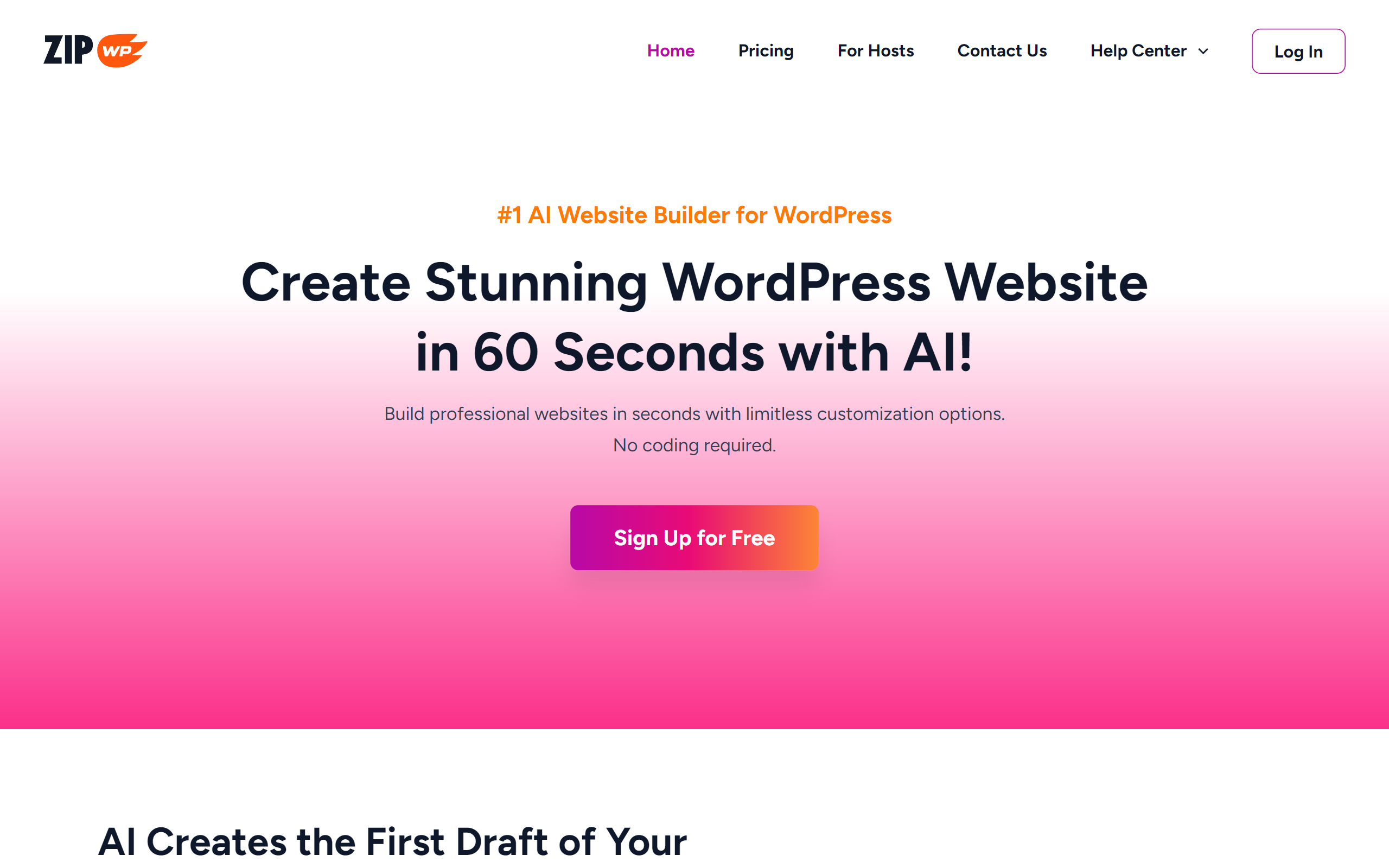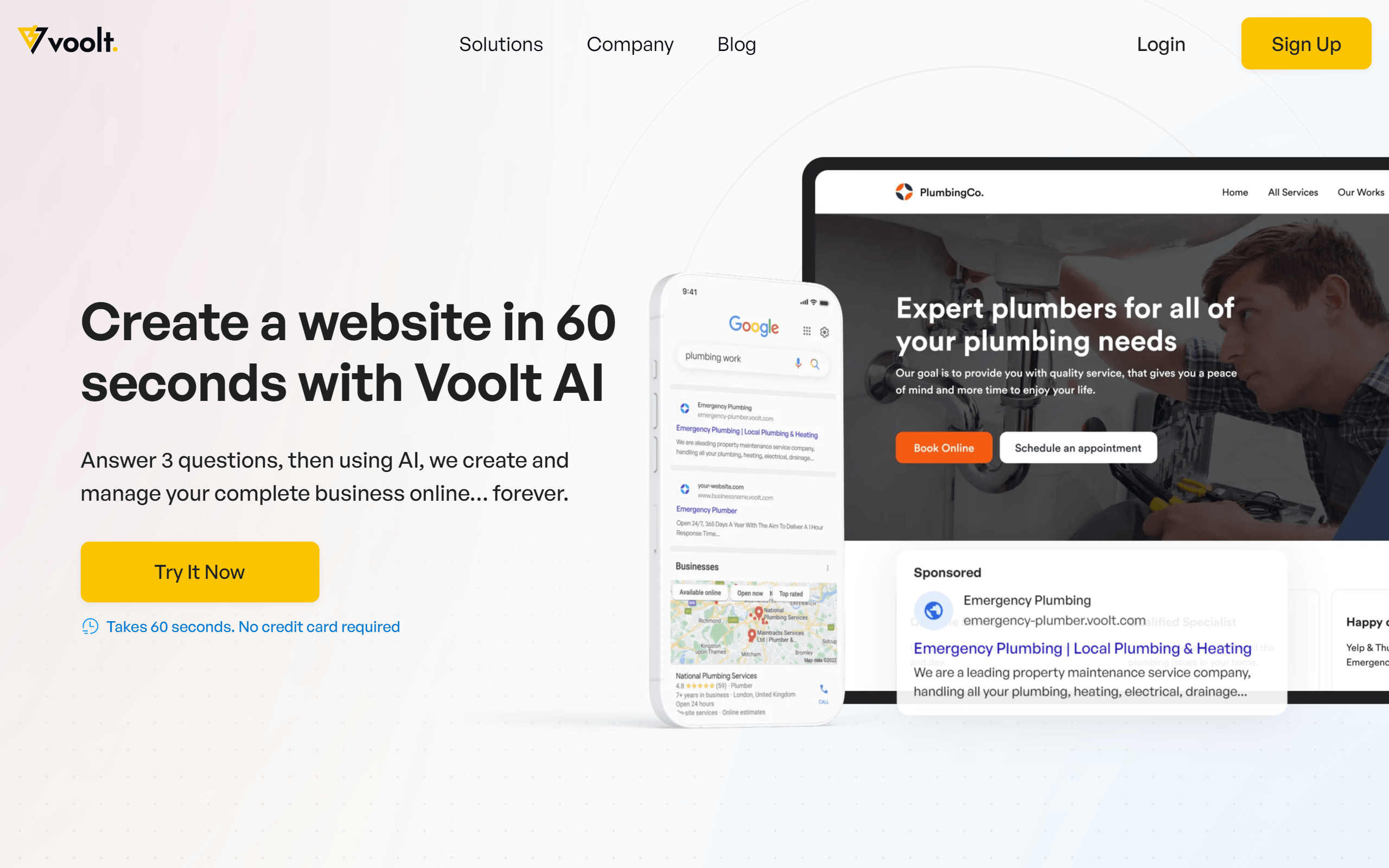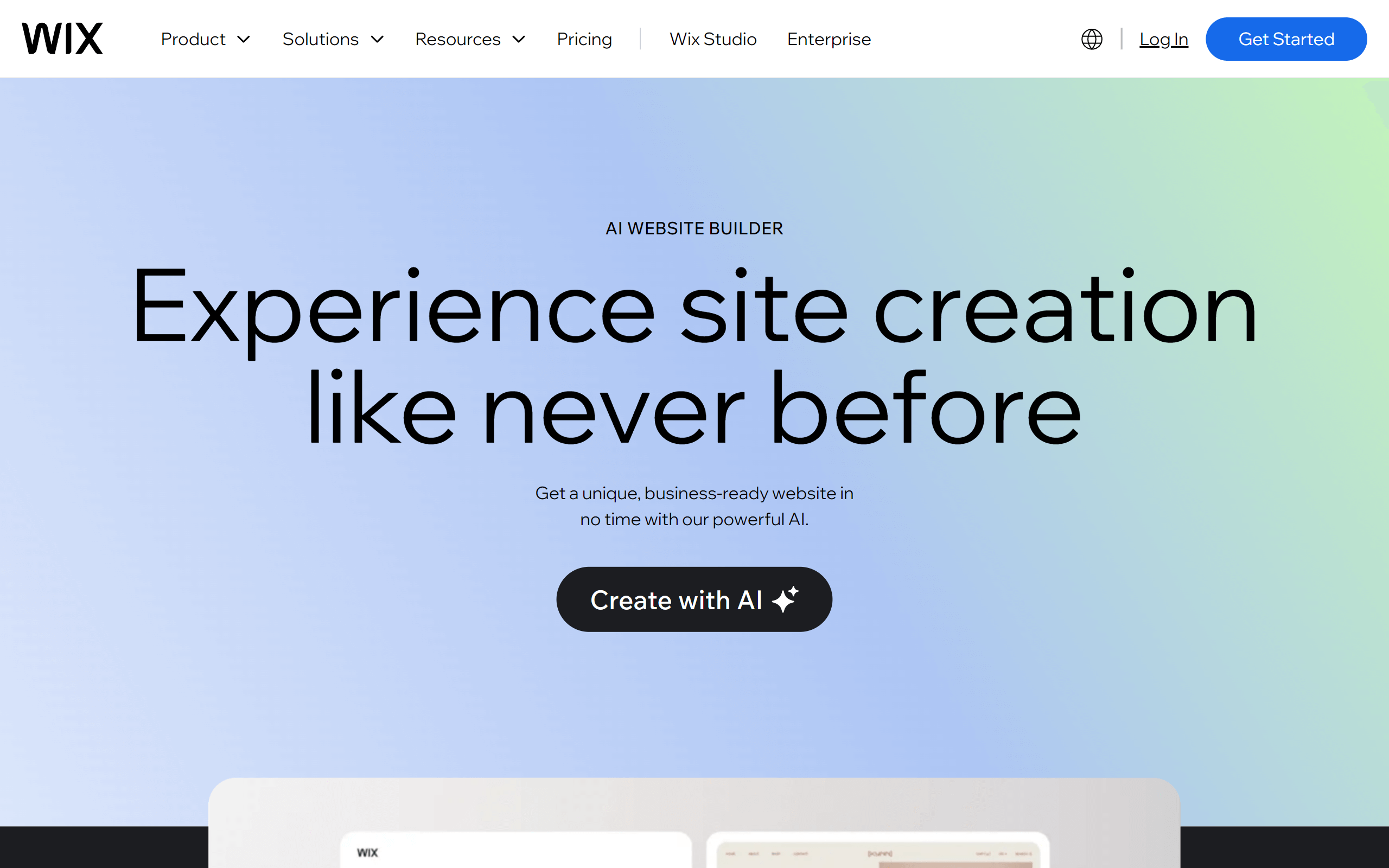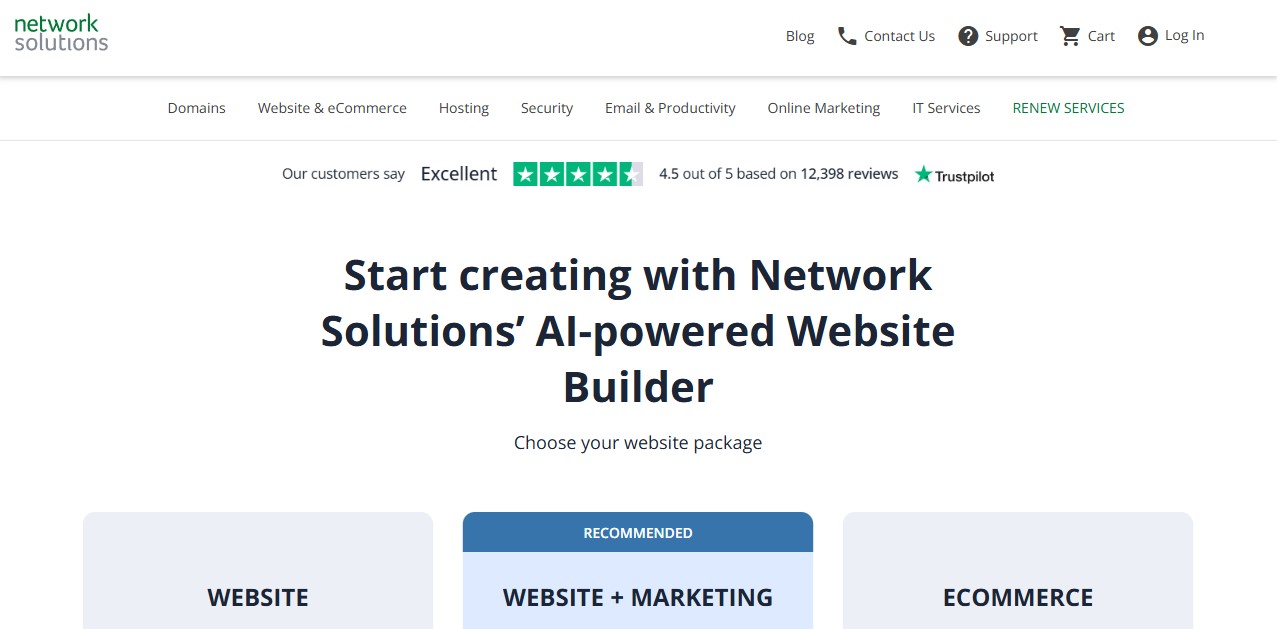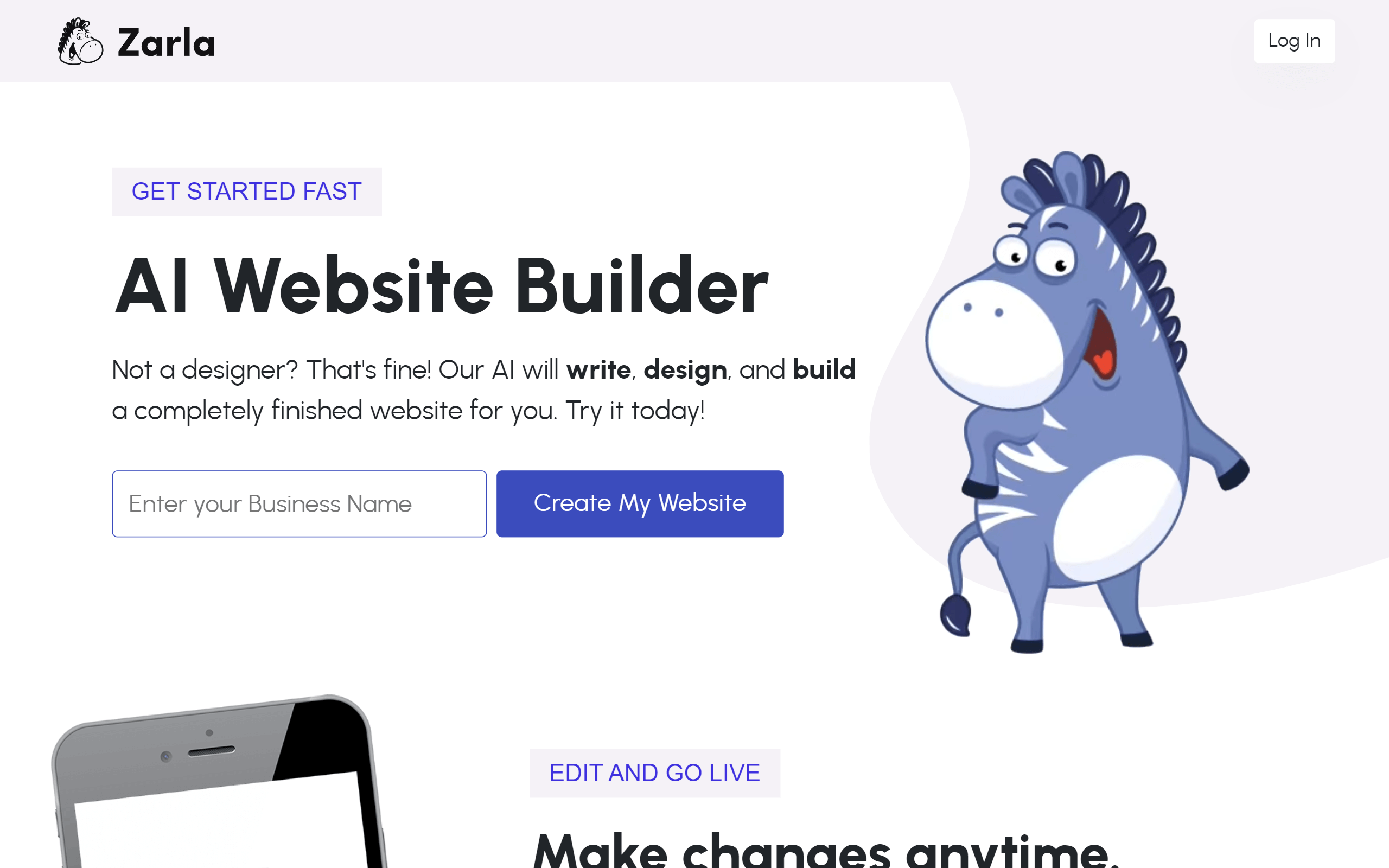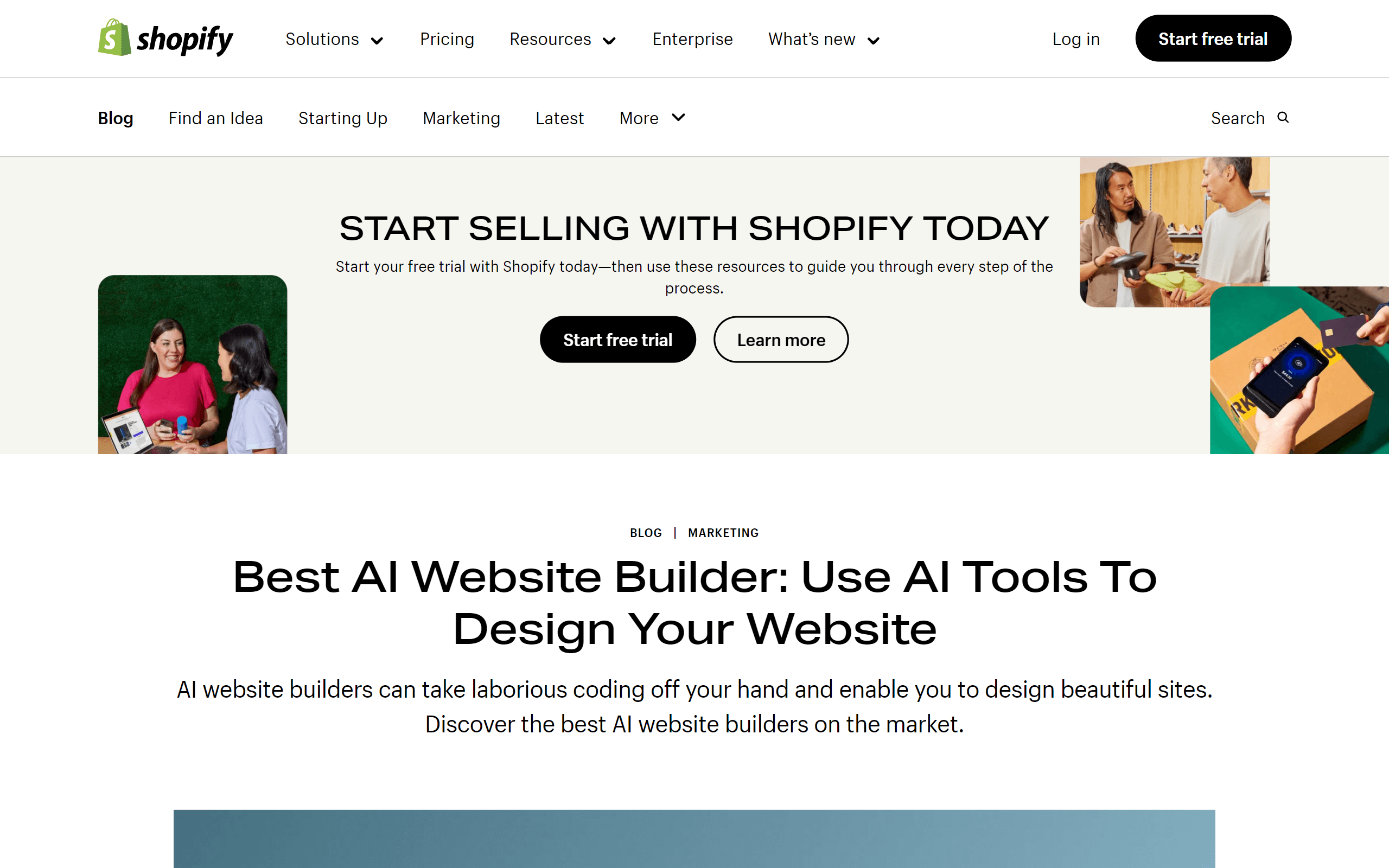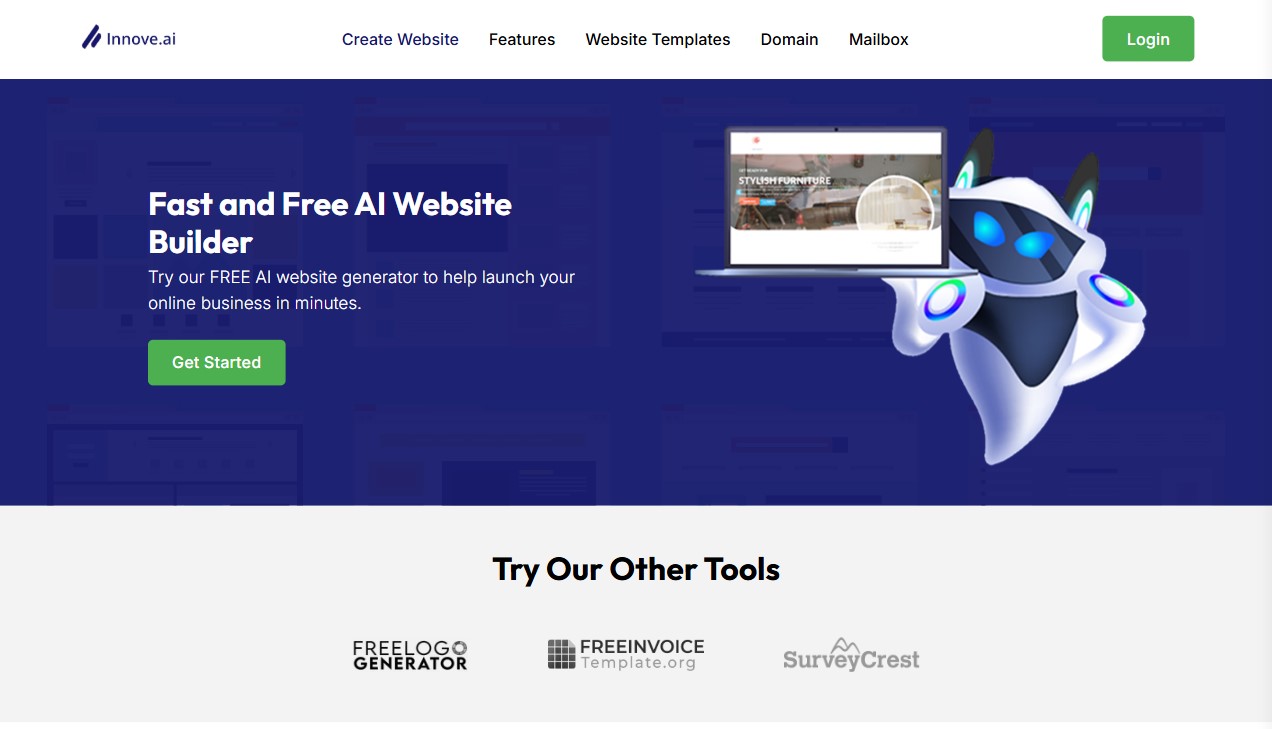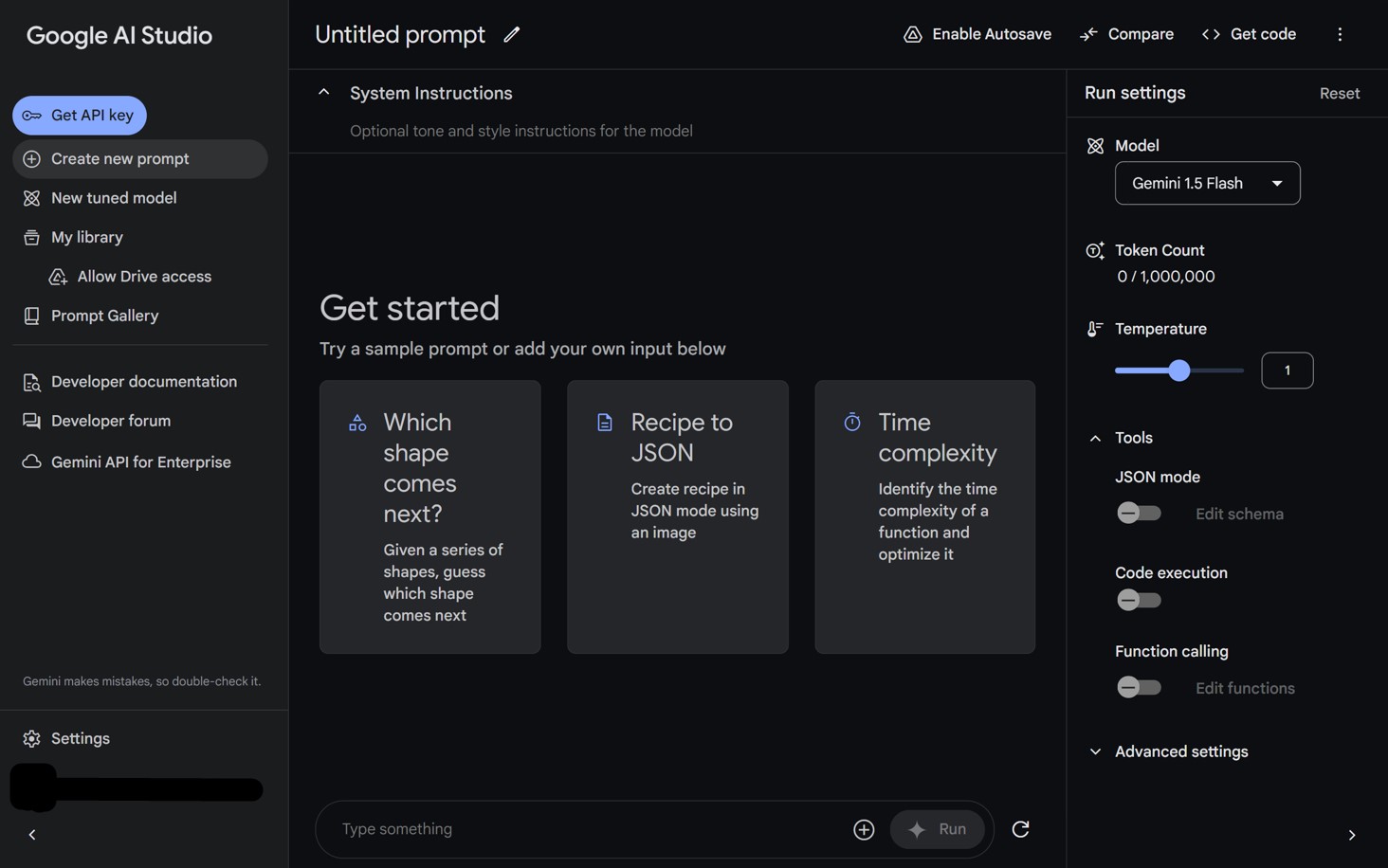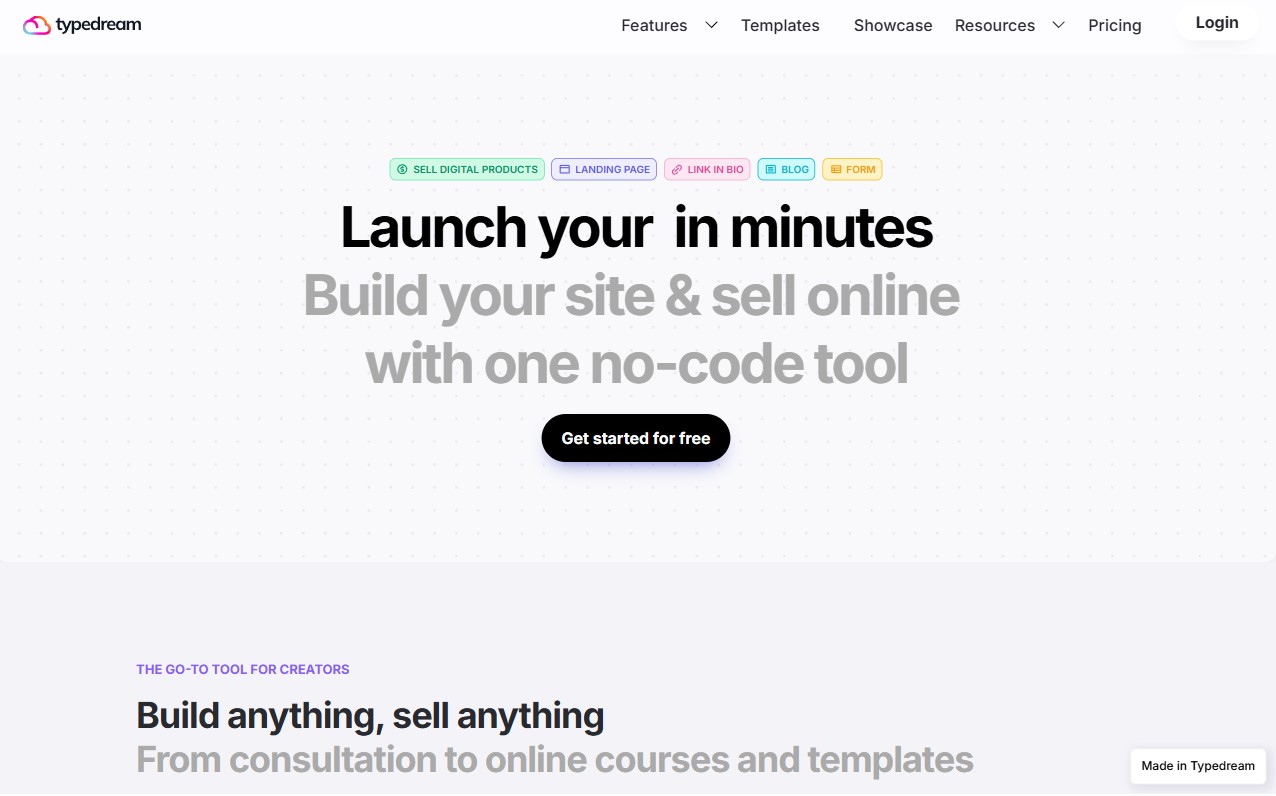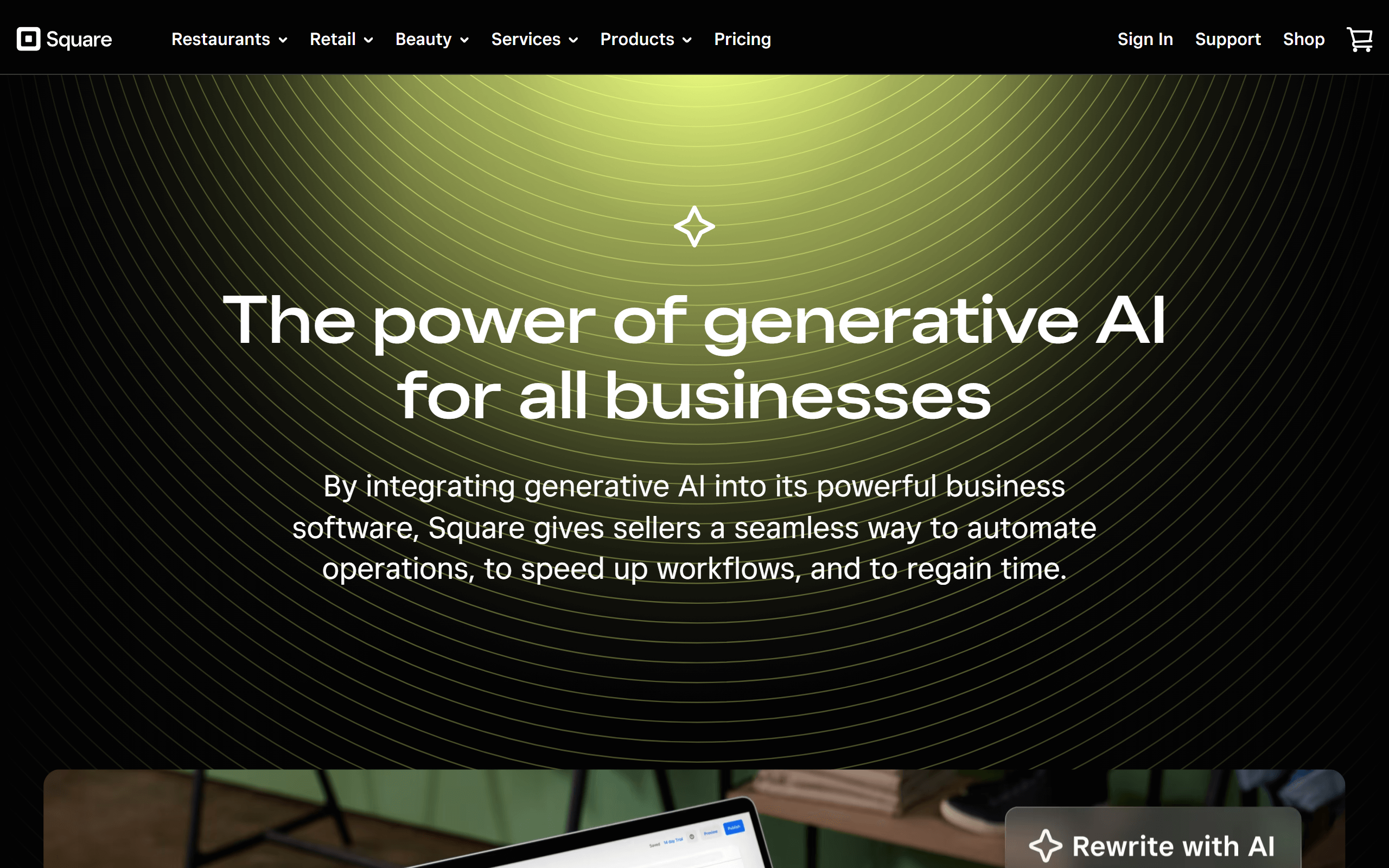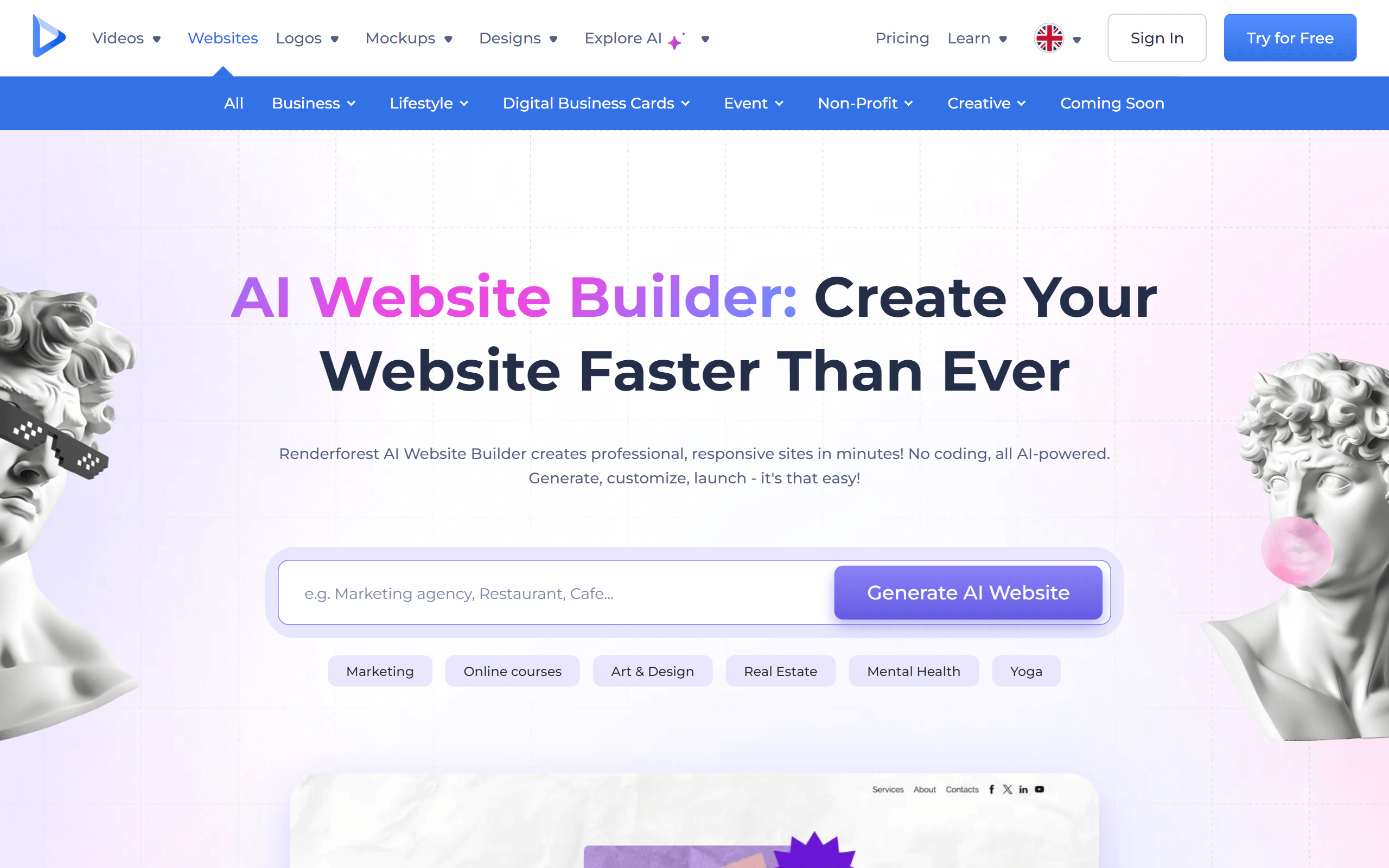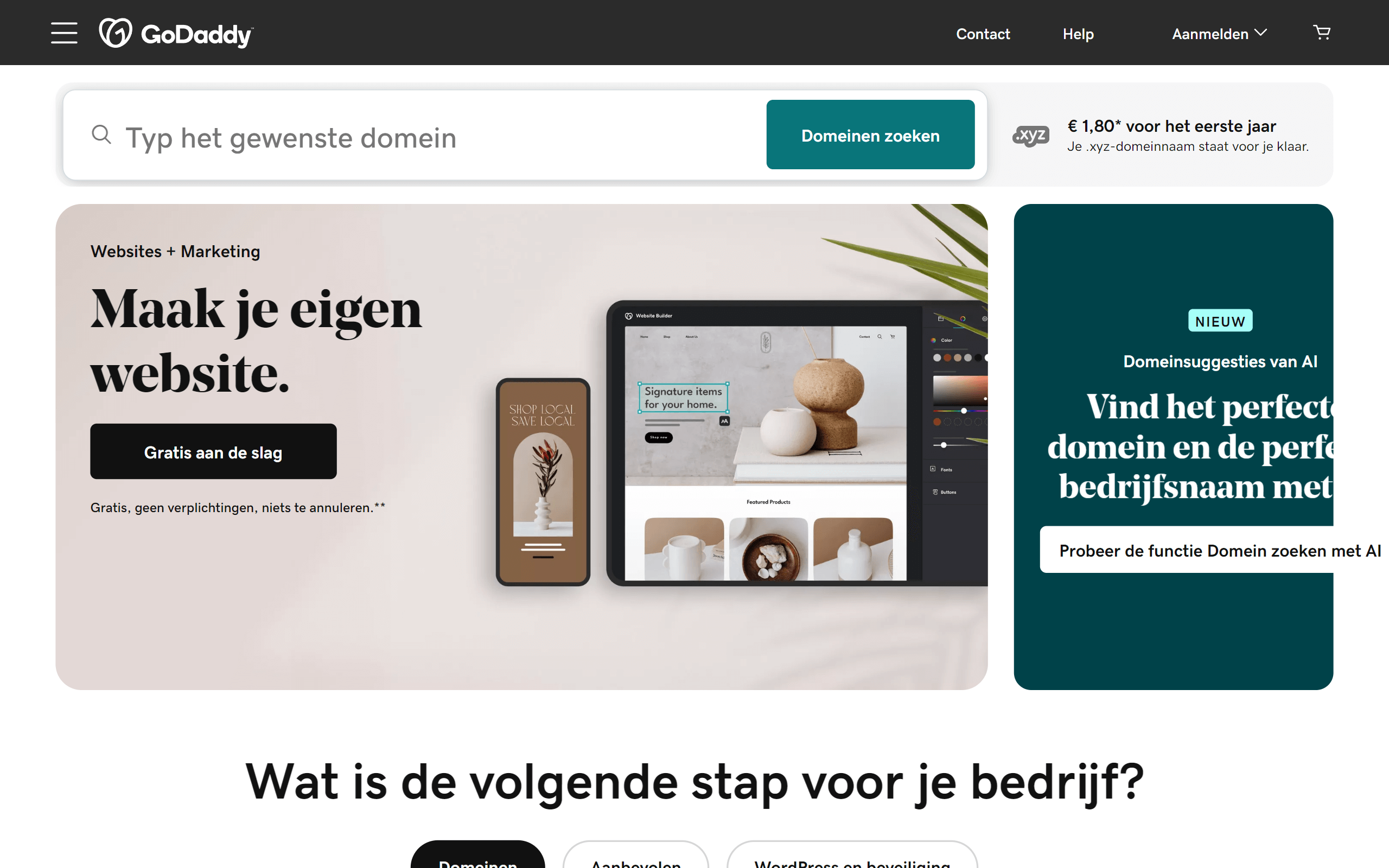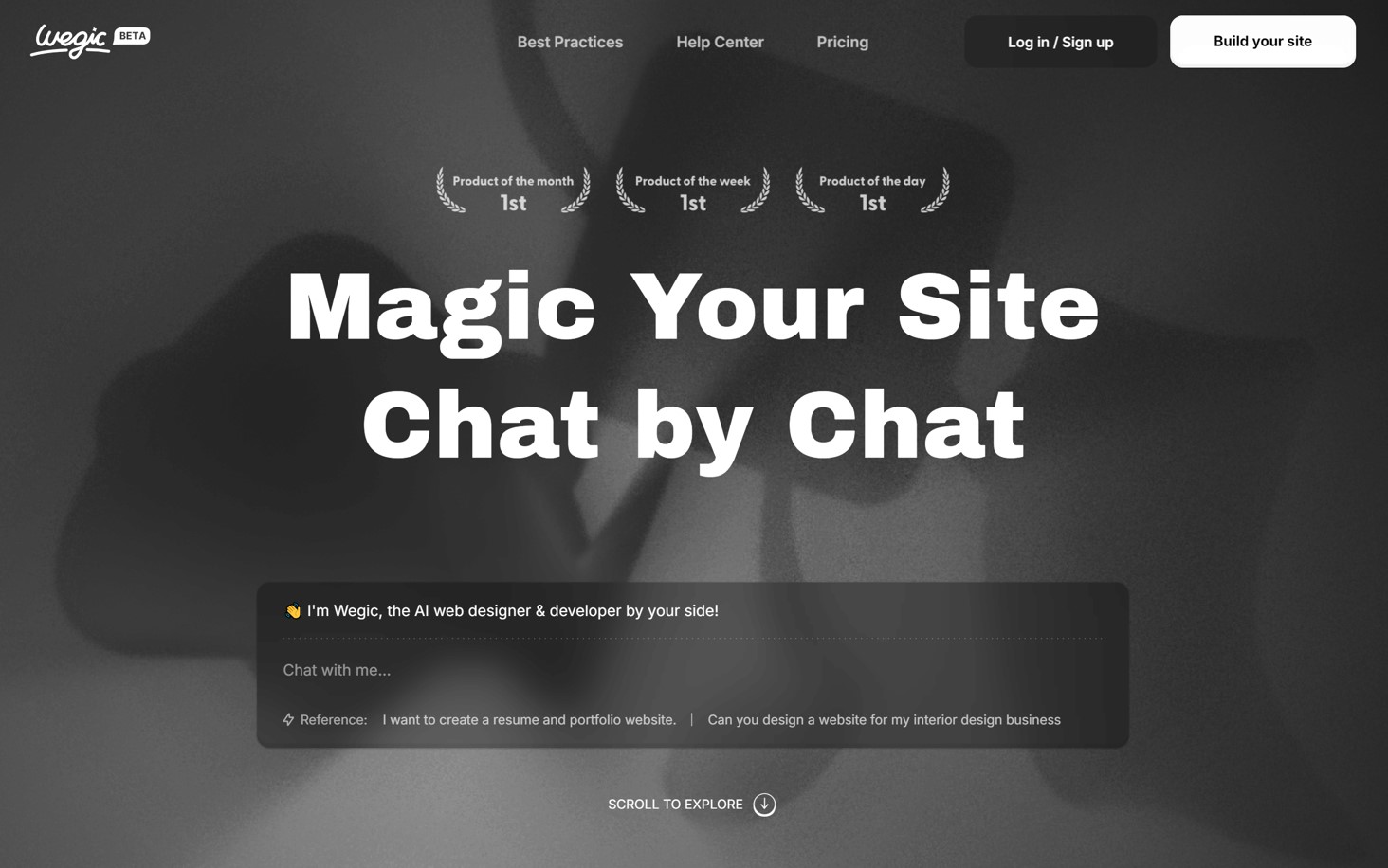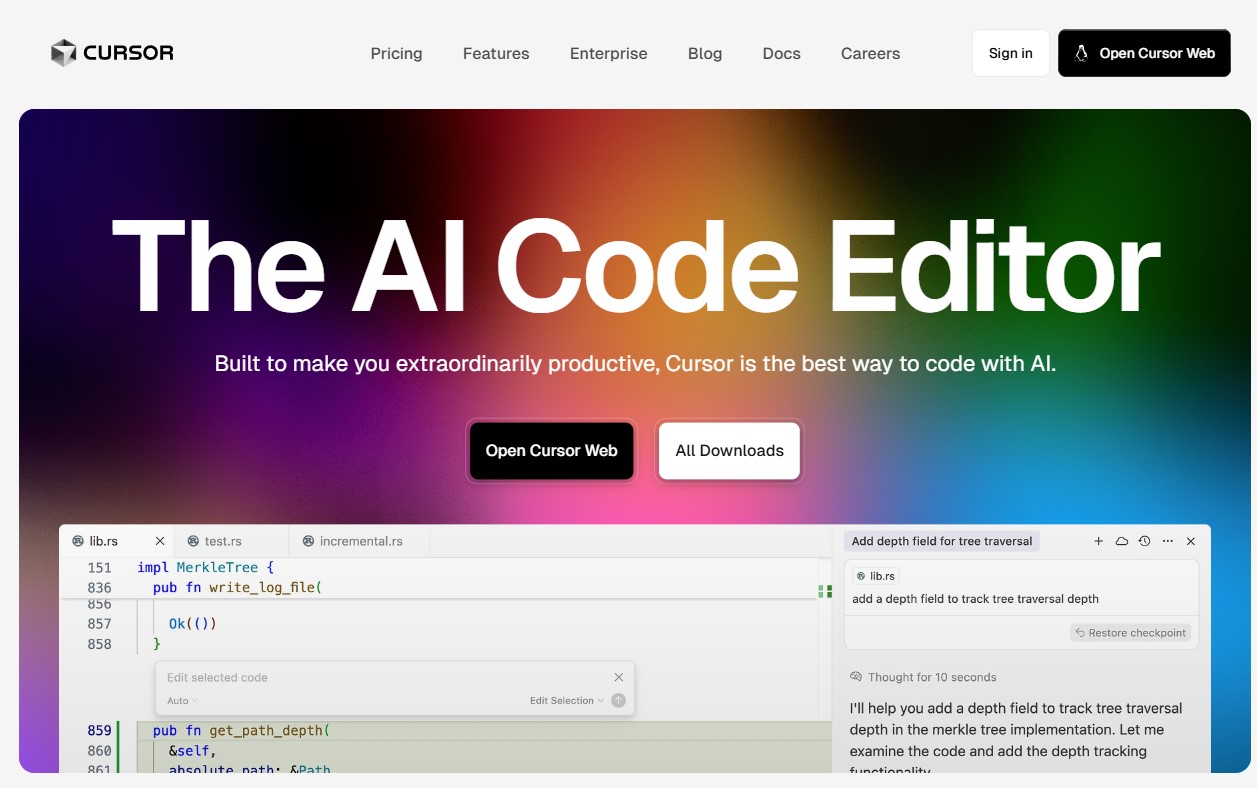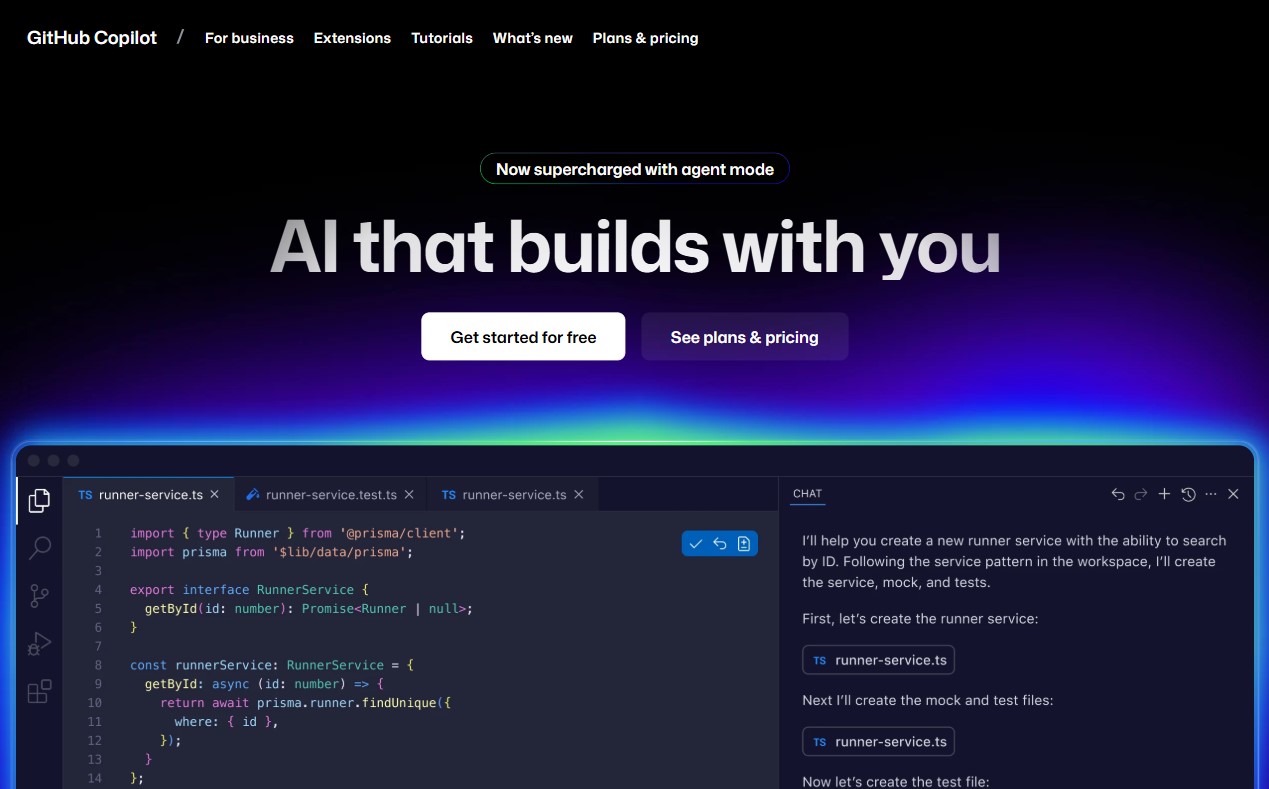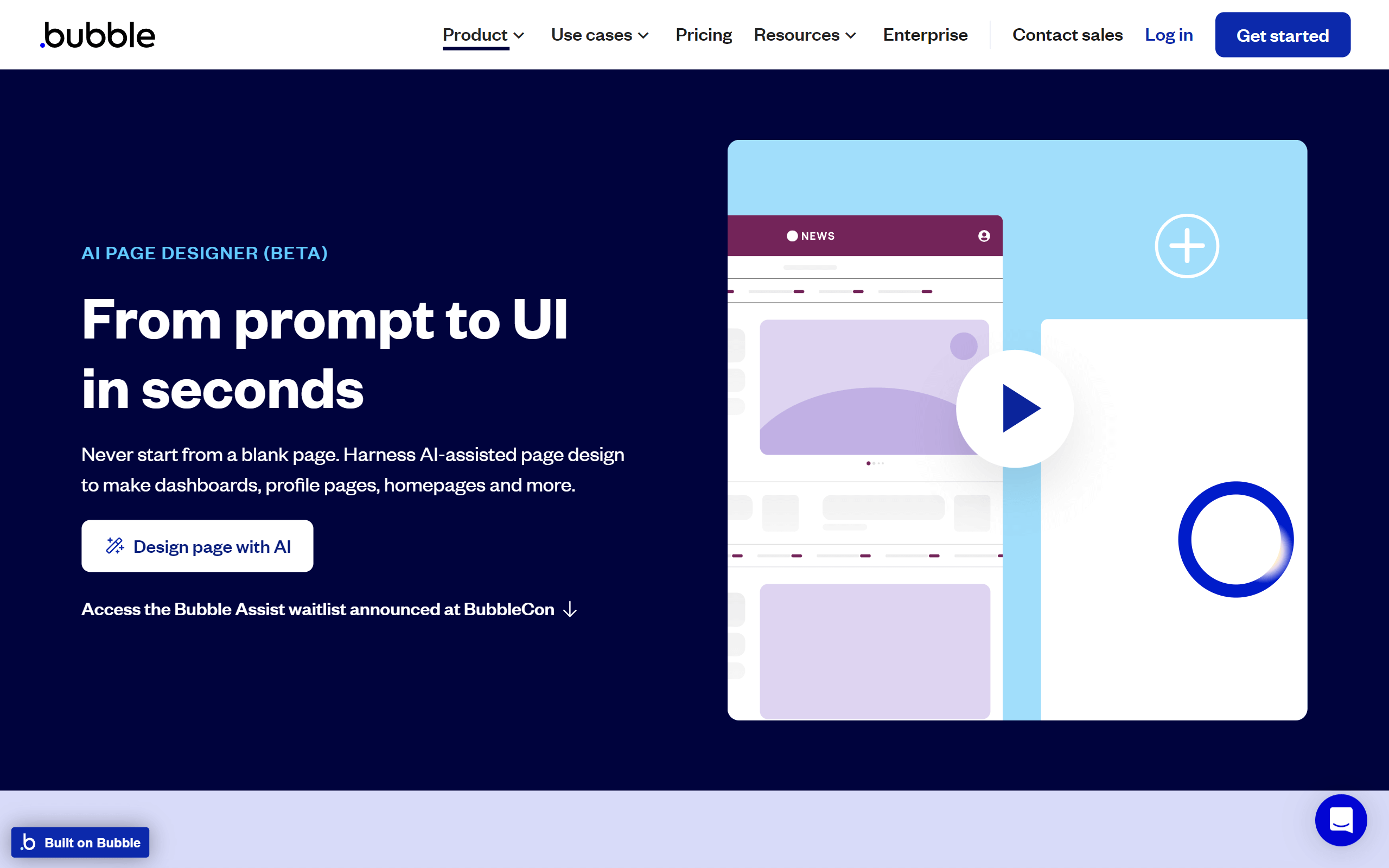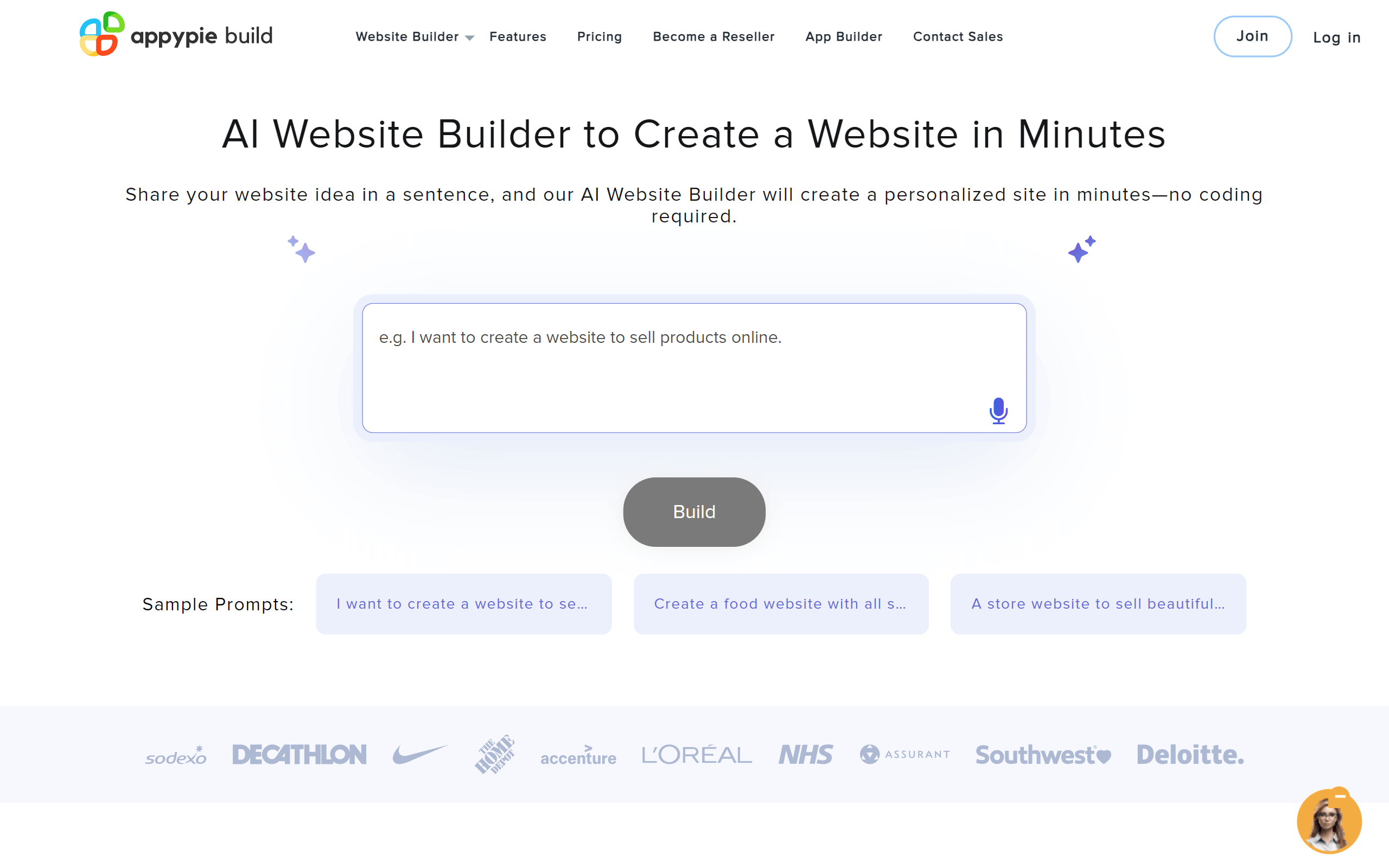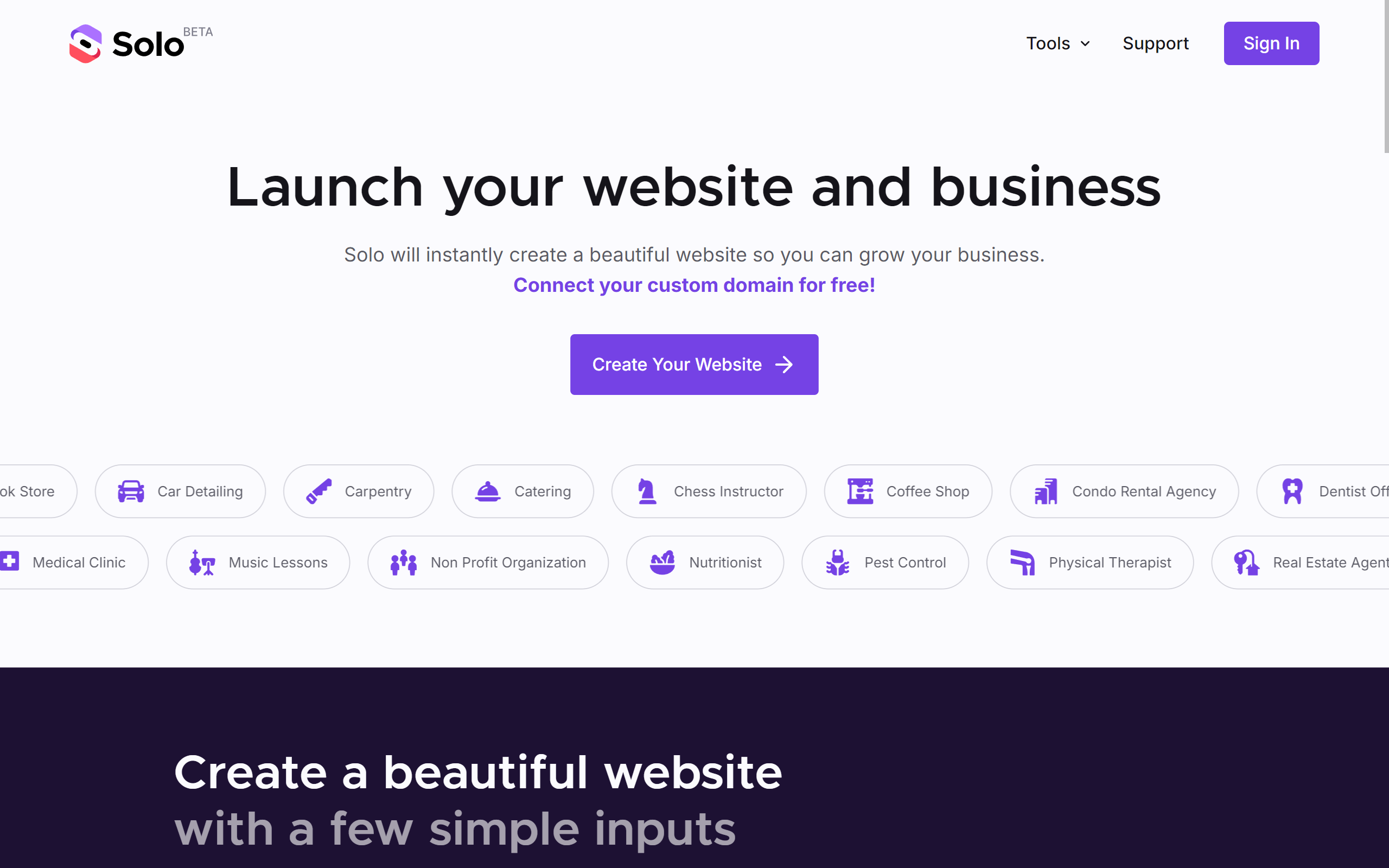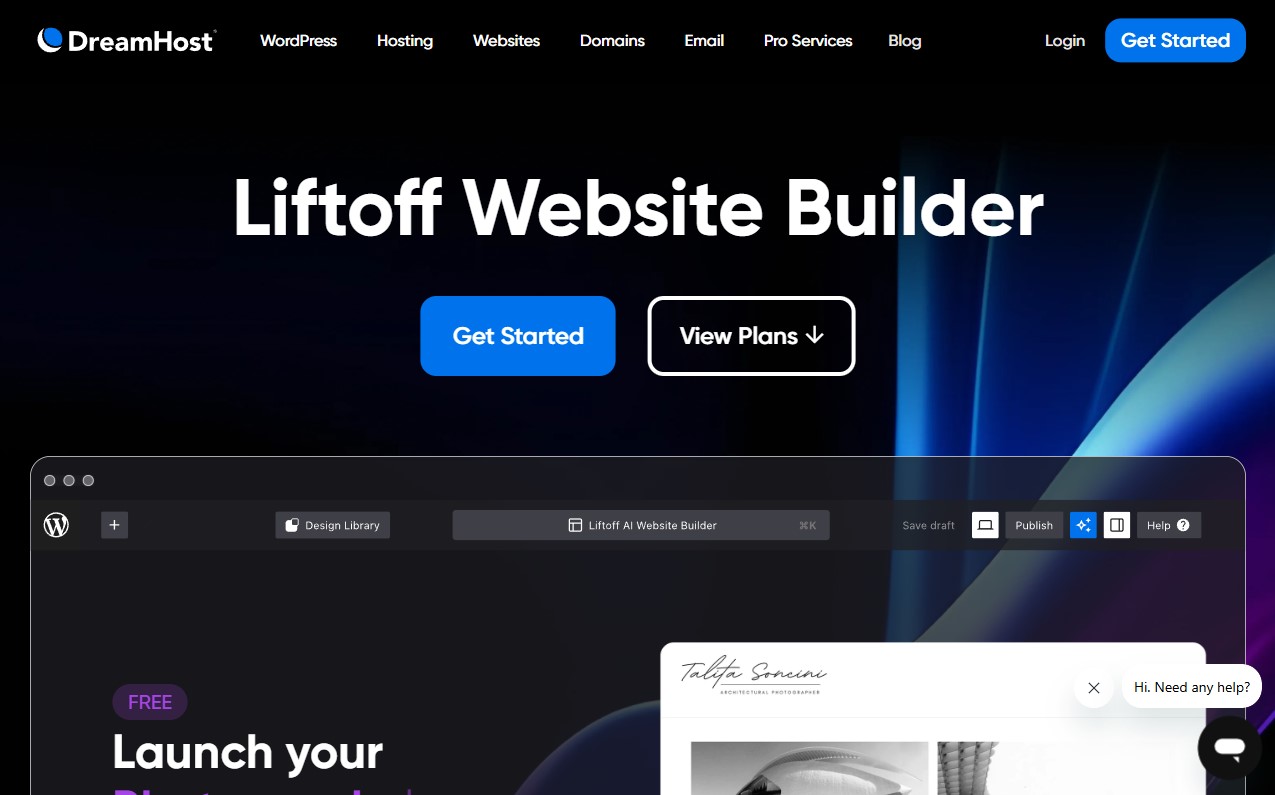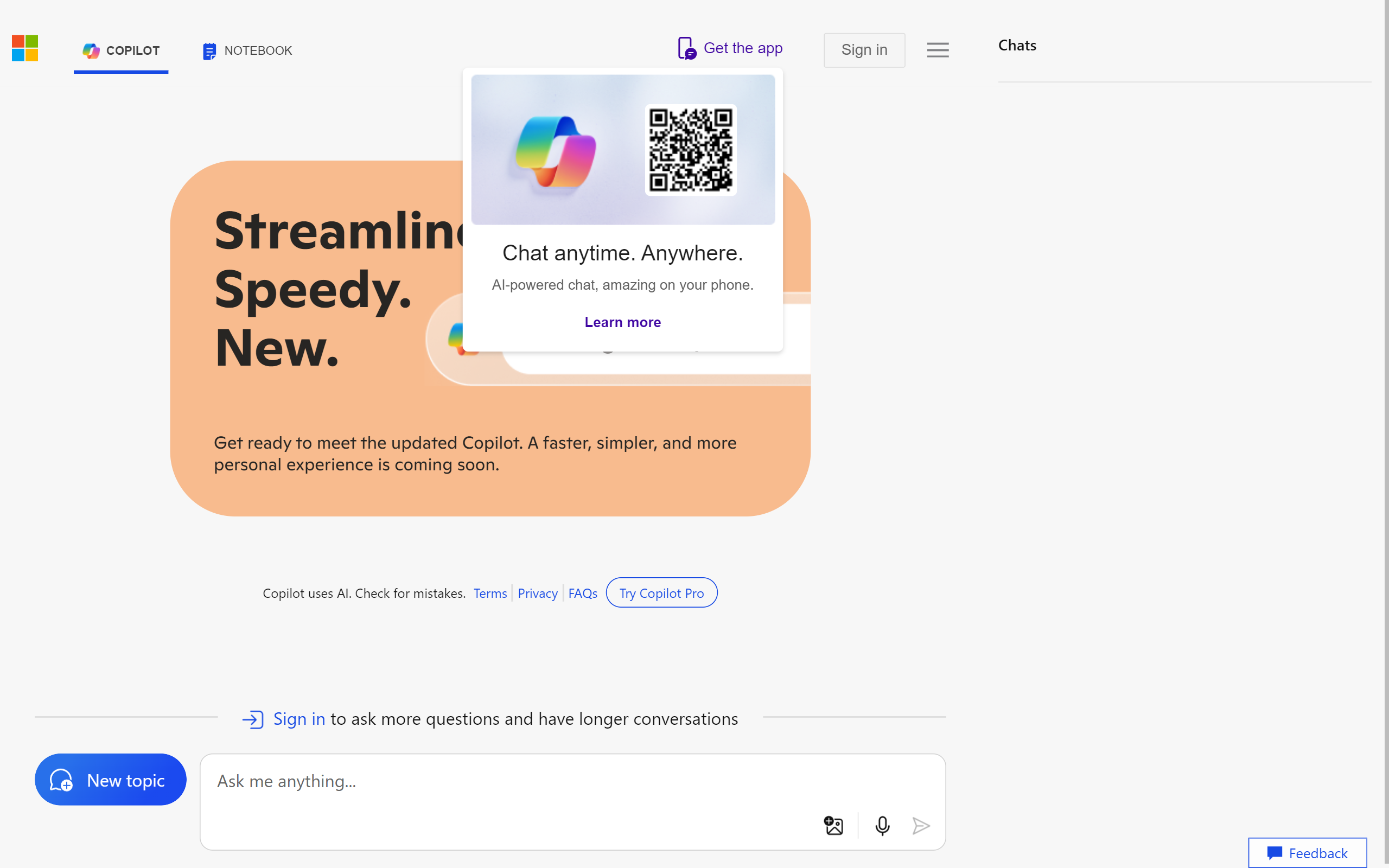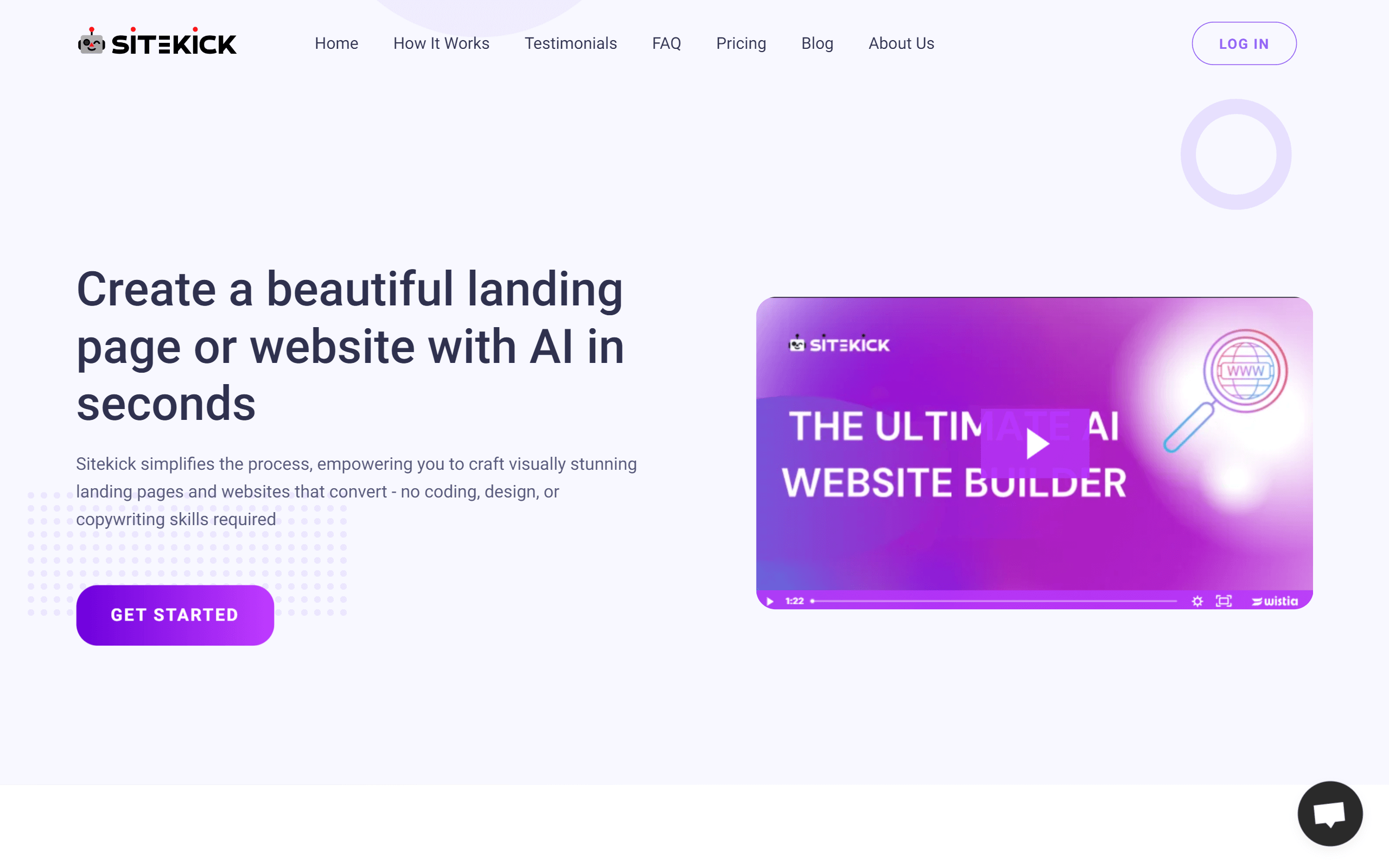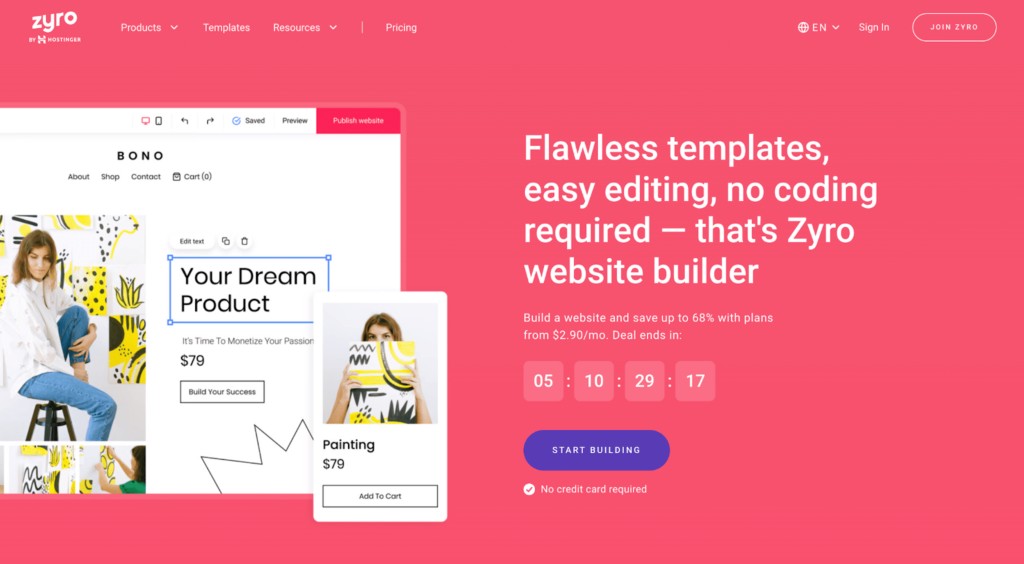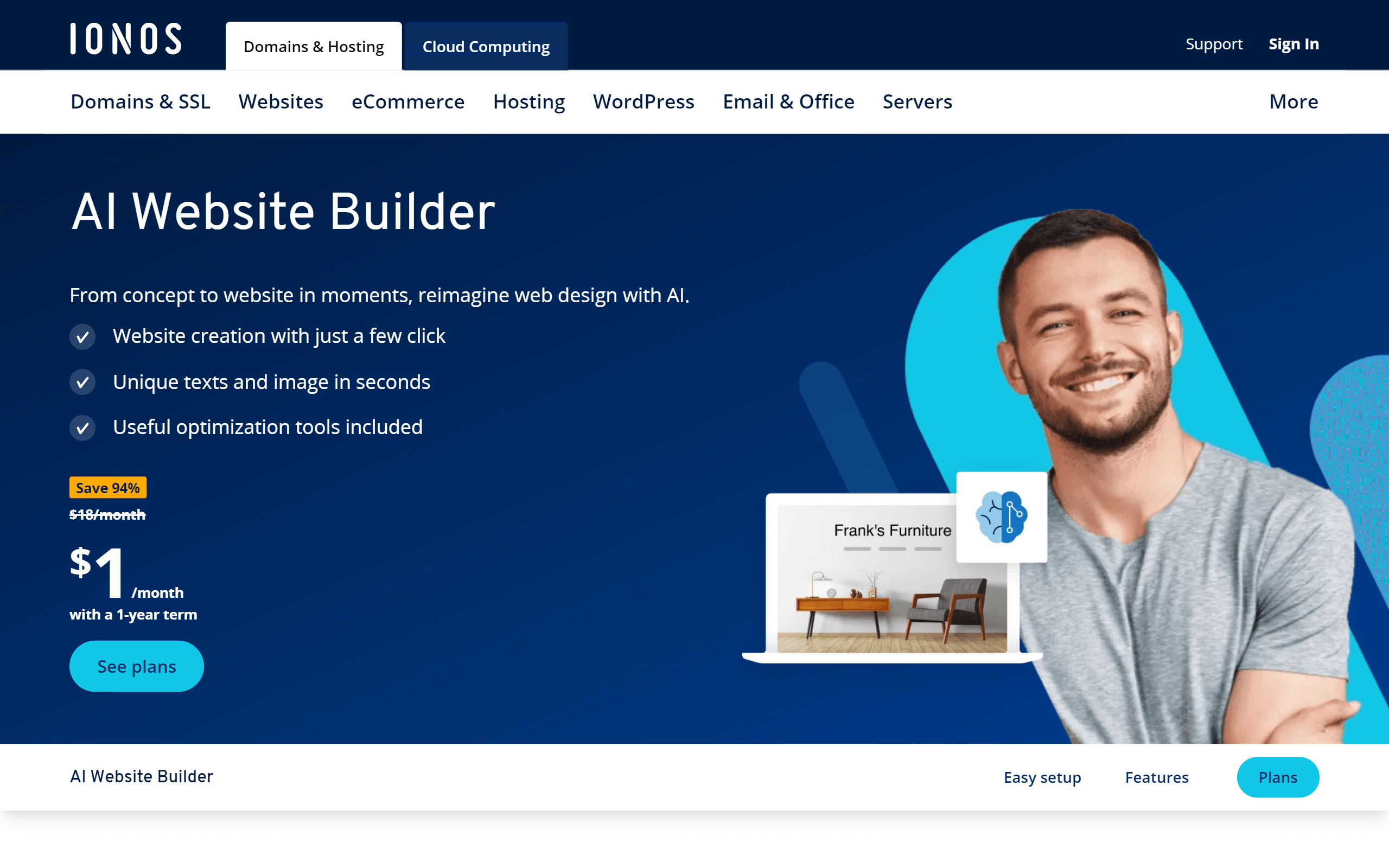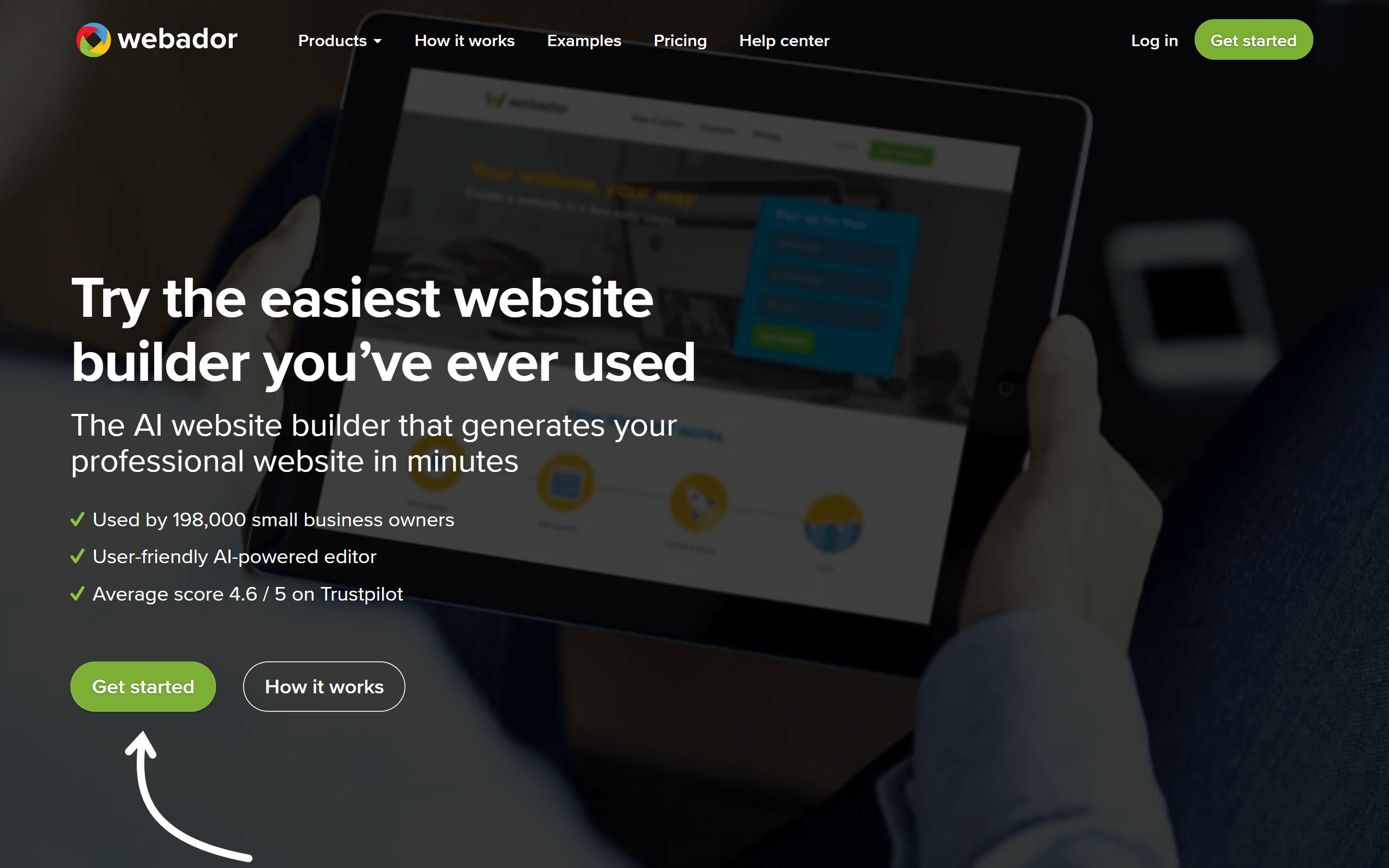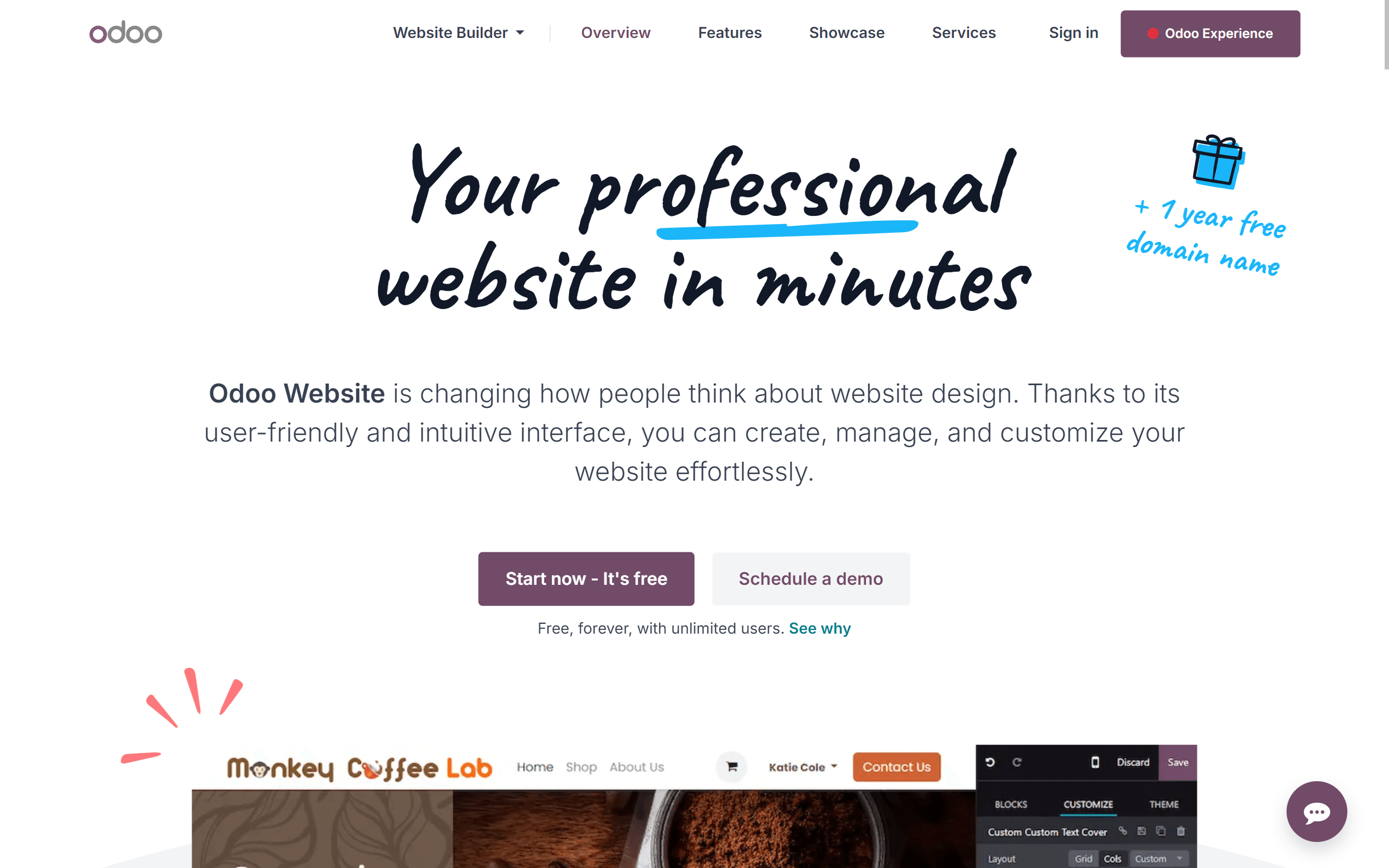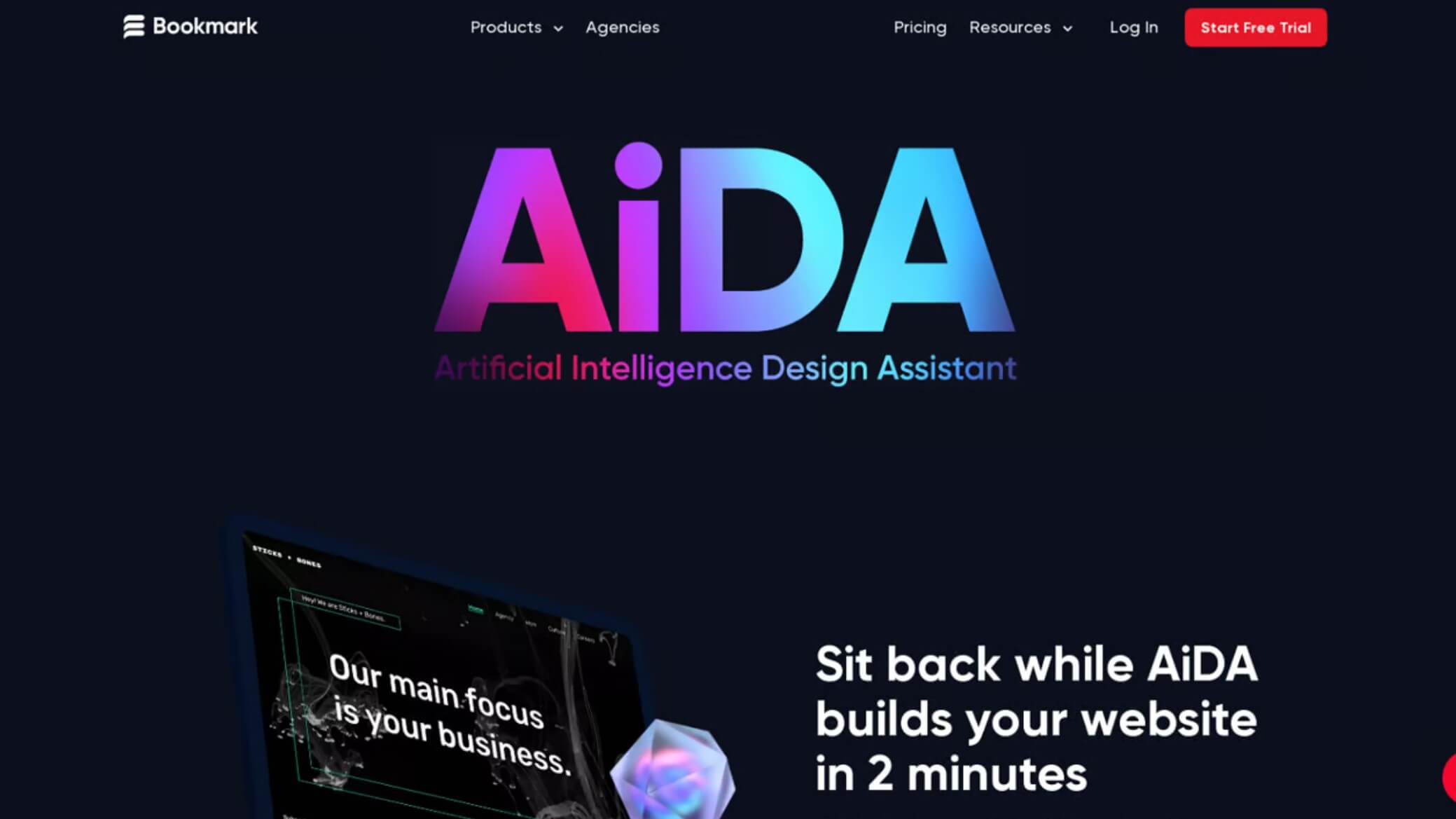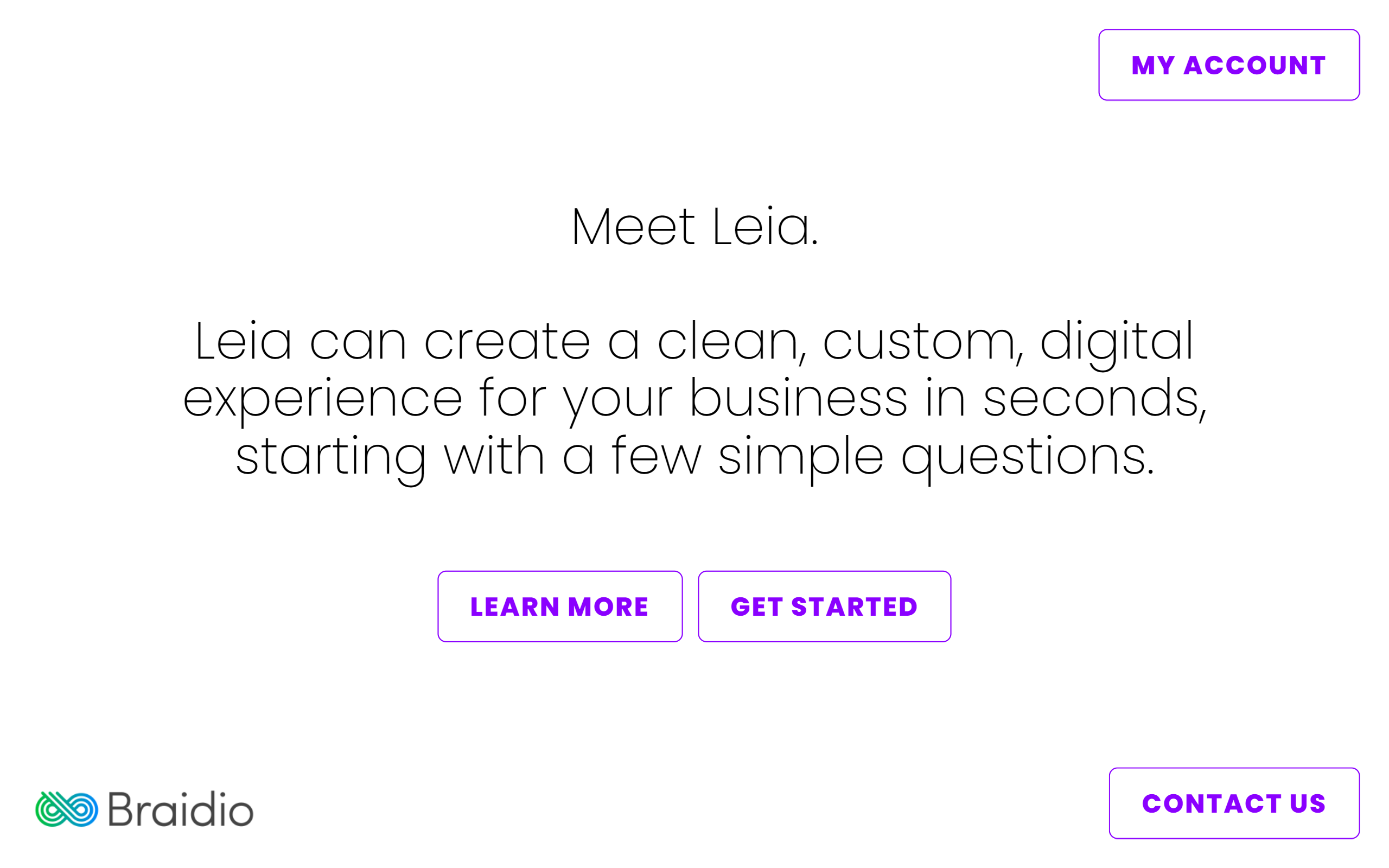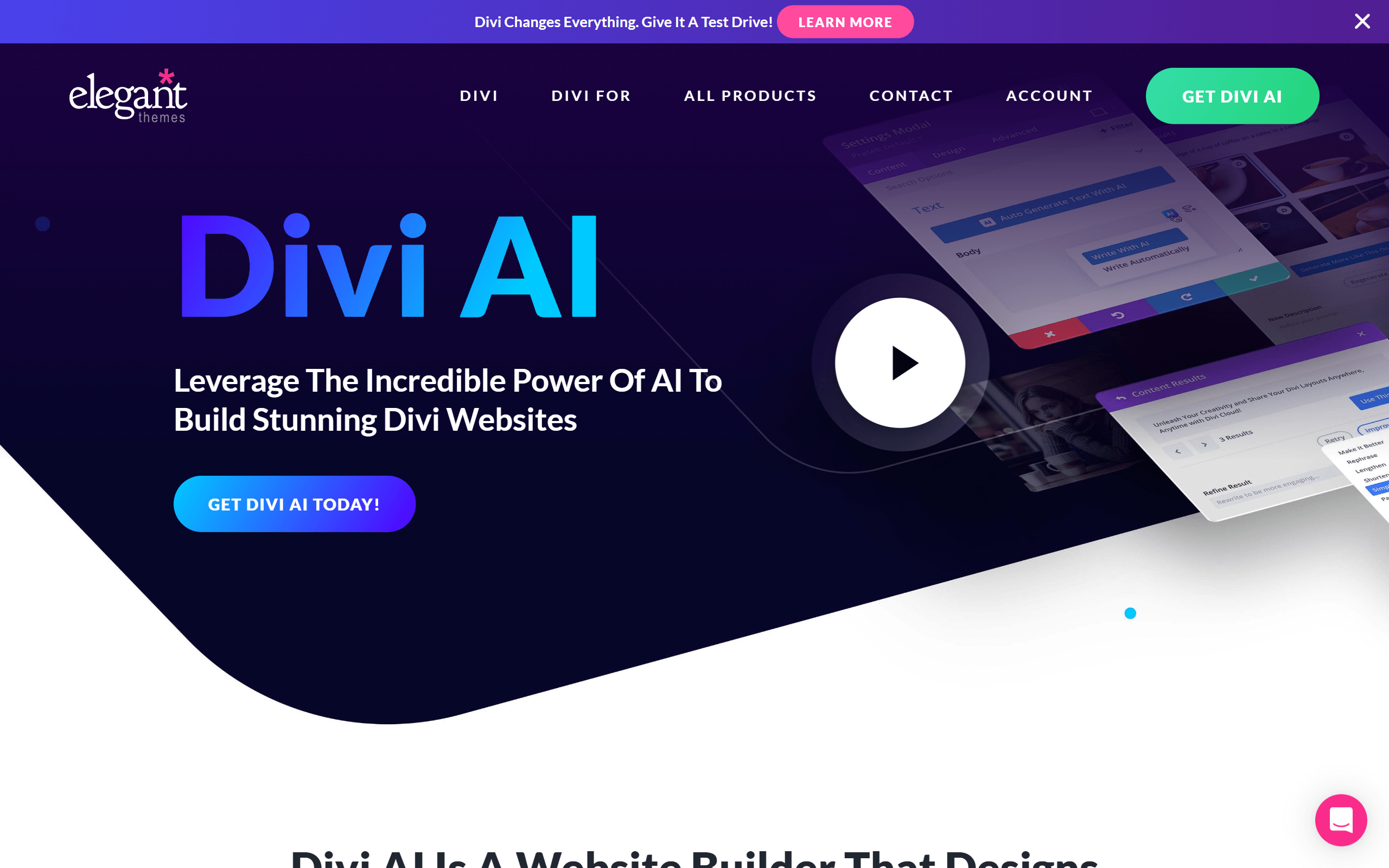| Mobirise AI |
Very simple; prompt-driven |
Good for small sites; block-based editing |
Free hosting and builder; excellent for budgets |
Prompt-to-site, SEO automation, image selection |
Limited advanced e-commerce; constrained customization; community depth varies |
| Wix |
Beginner-friendly; ADI plus drag-and-drop |
Wide template library and app integrations |
Tiered plans; add-on costs can accumulate |
Layout suggestions, AI copy, basic SEO tips |
Recurring fees, template lock-in, occasional performance bloat |
| Squarespace |
Polished editor; designer-first flows |
Curated templates with styling controls |
Mid-range plans include hosting; good value for creatives |
Content prompts, image recommendations, template matching |
Fewer integrations, limited coding depth, commerce scaling costs |
| WordPress |
Varies: simple on WordPress.com, technical self-hosted |
Extensive via plugins and themes |
Can be very cheap or costly depending on choices |
AI plugins for drafting, SEO, image generation |
Maintenance, plugin conflicts, security and backup duties |
| Shopify |
Streamlined for stores; guided setup |
Strong e-commerce features; limited non-store flexibility |
Designed for sales; fees scale with transactions |
Product copy, image tools, personalization and tests |
App costs, platform fees, customization may need coding |
| GoDaddy |
Extremely simple; question-based builder |
Basic layouts for small sites |
Bundled plans with domain and hosting; upsells common |
Automated copy and layout choices |
Limited design control, fewer integrations, upsell prompts |
| Webflow |
Steep learning curve; powerful for designers |
High control for bespoke sites and interactions |
Higher pricing for advanced hosting and enterprise |
Content generation, layout suggestions, symbol creation |
Complex for beginners, higher cost, overqualified for simple sites |
